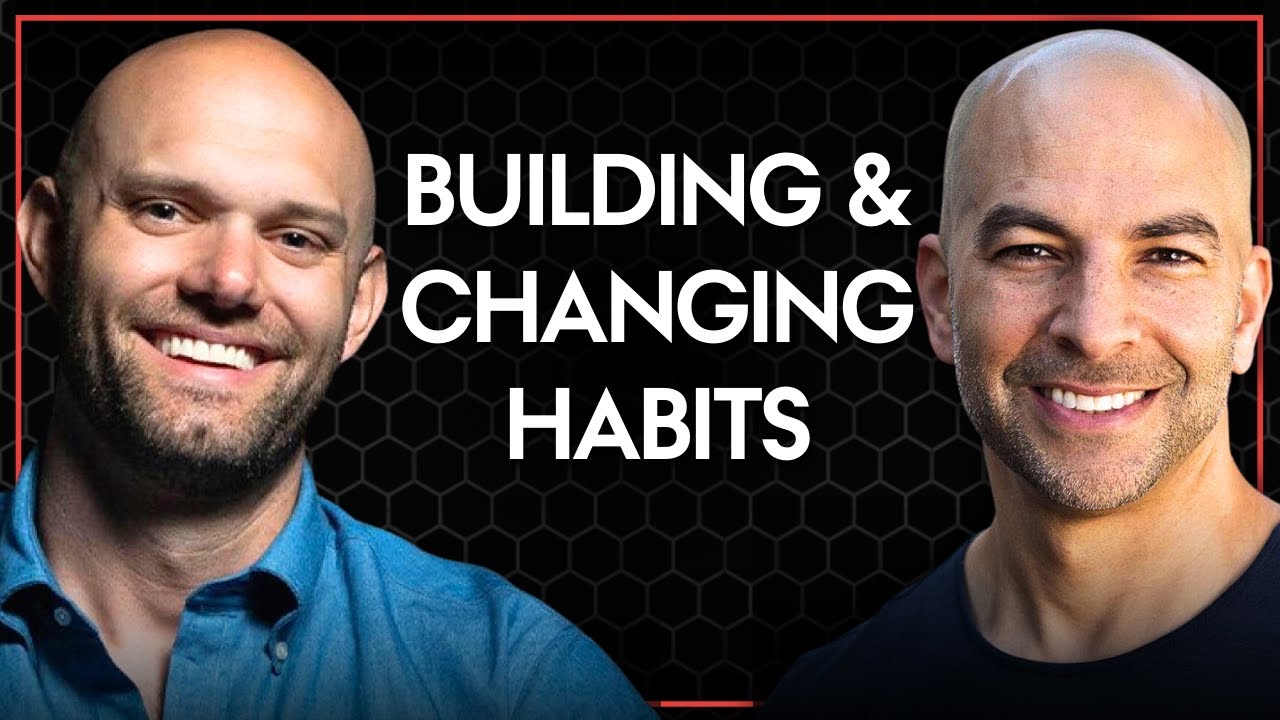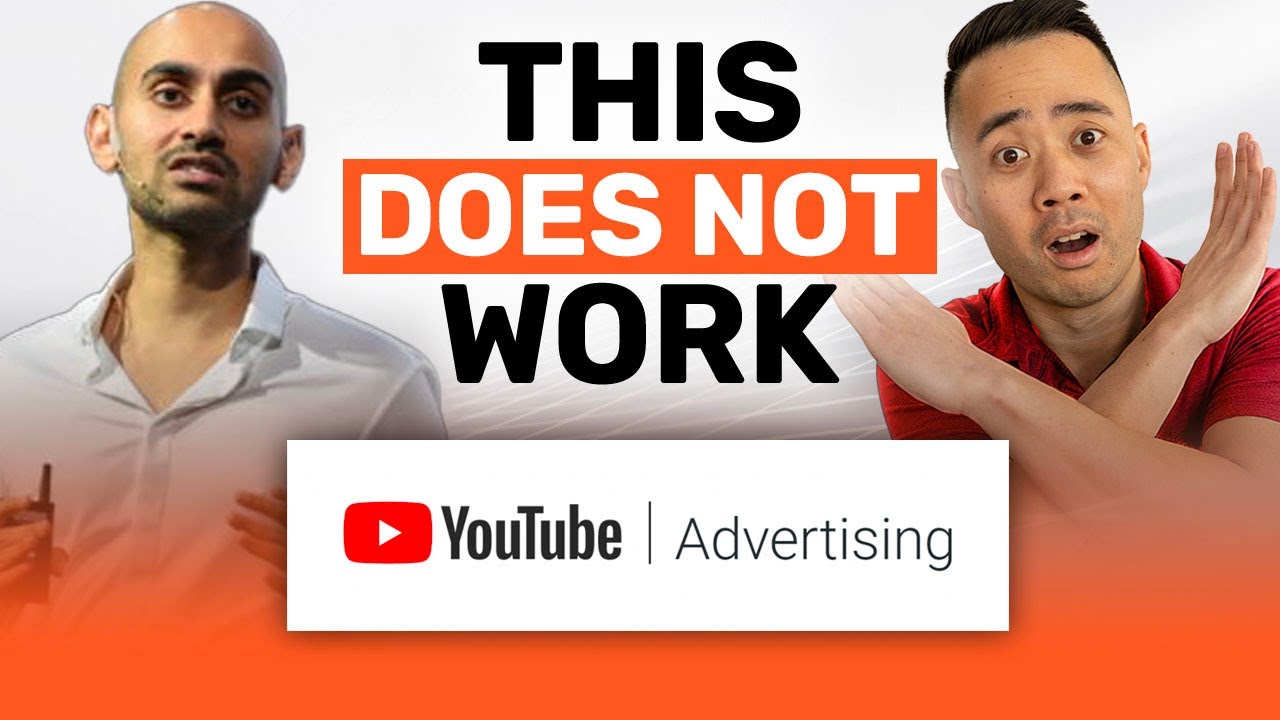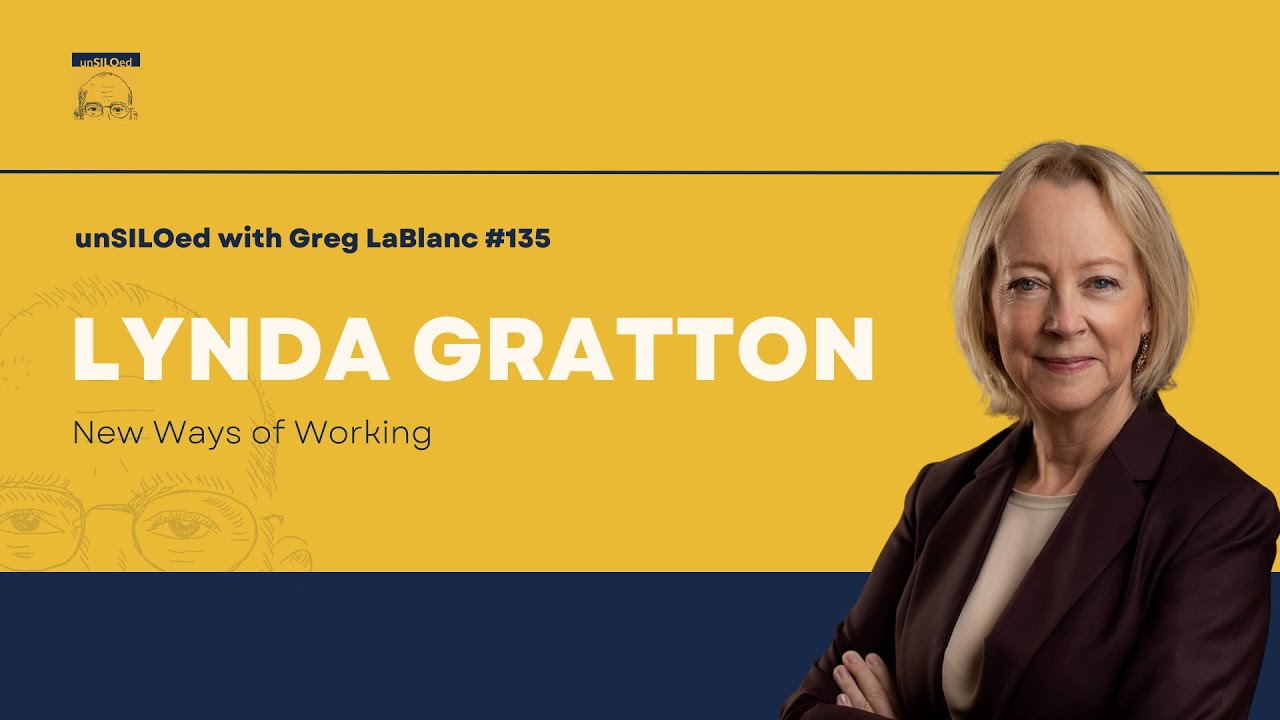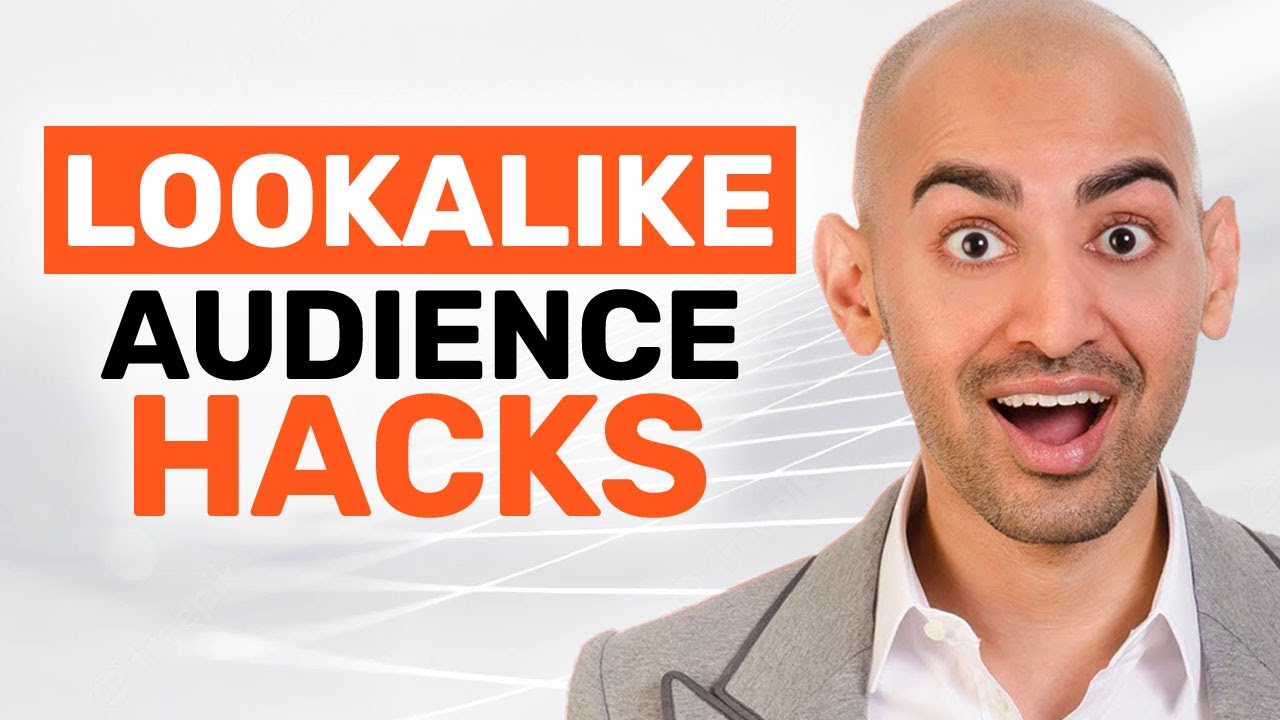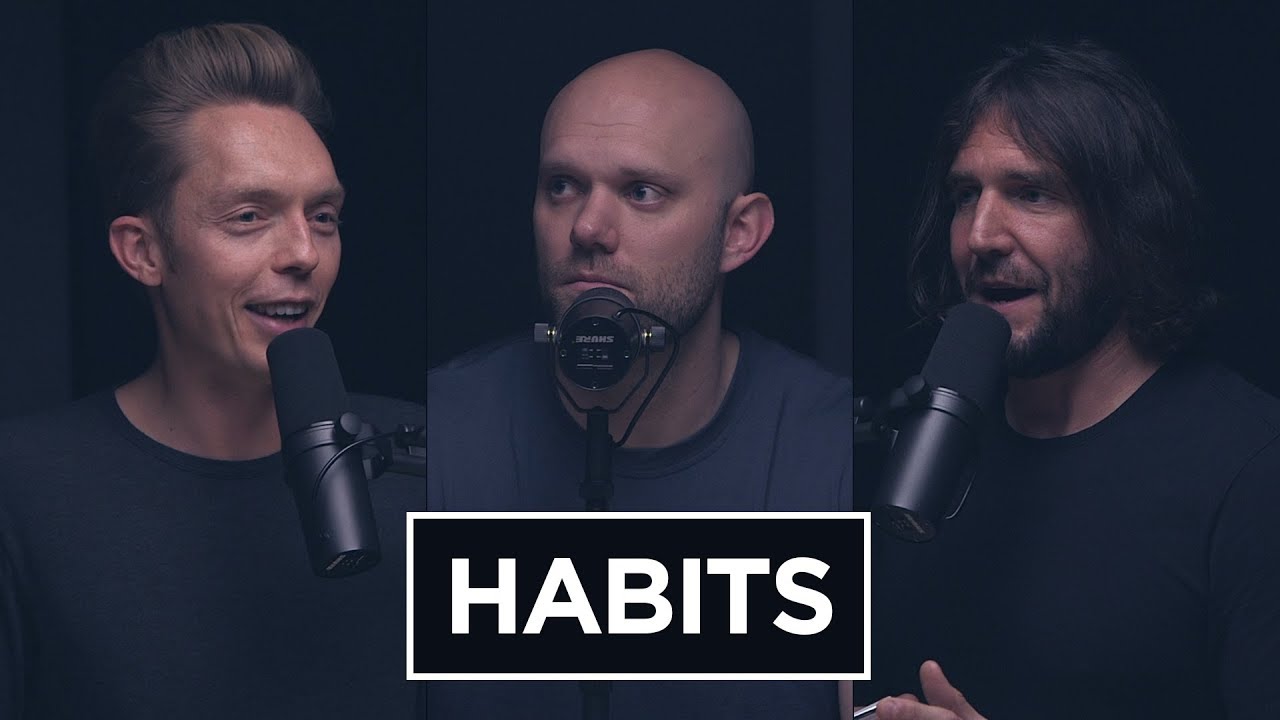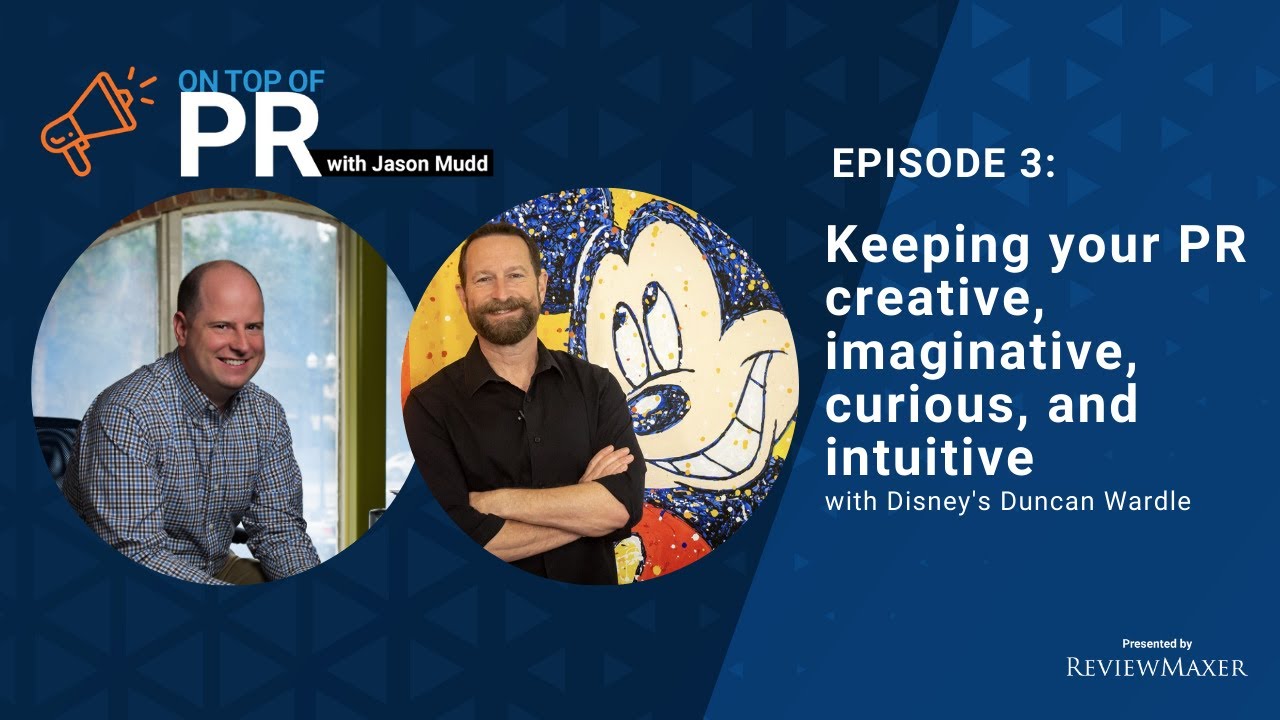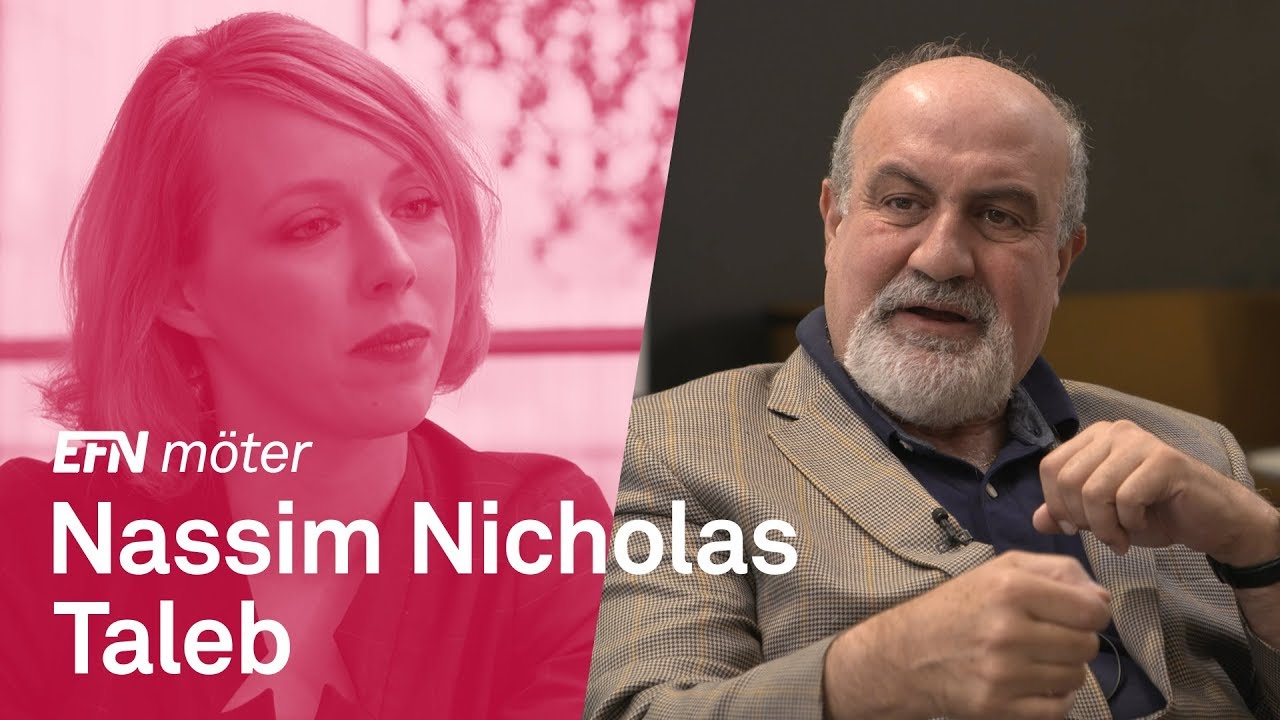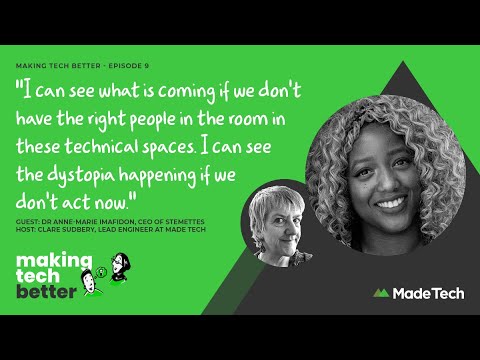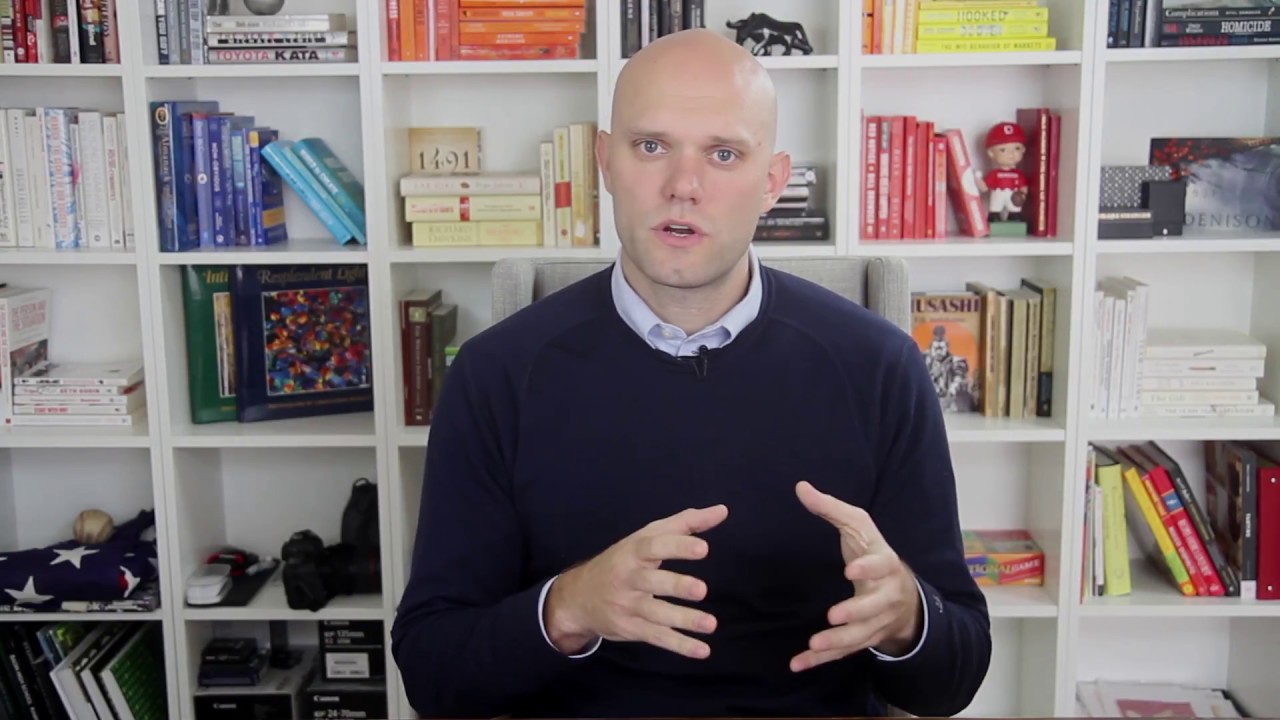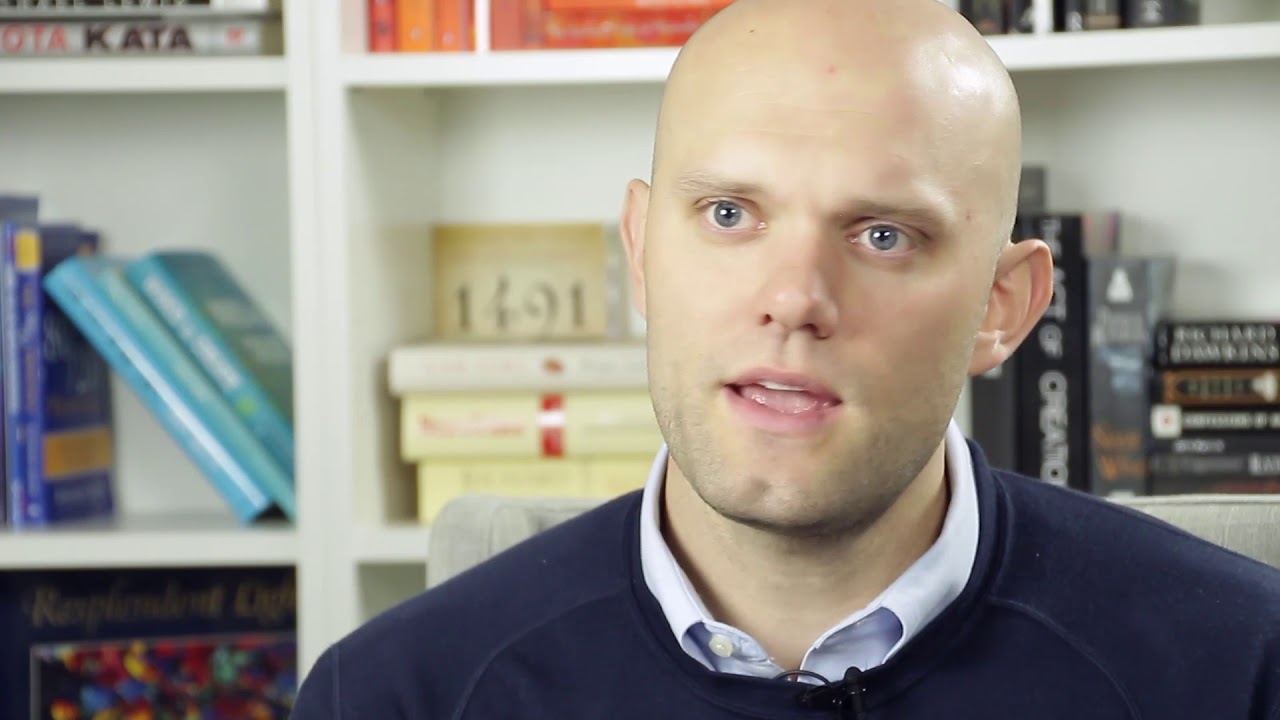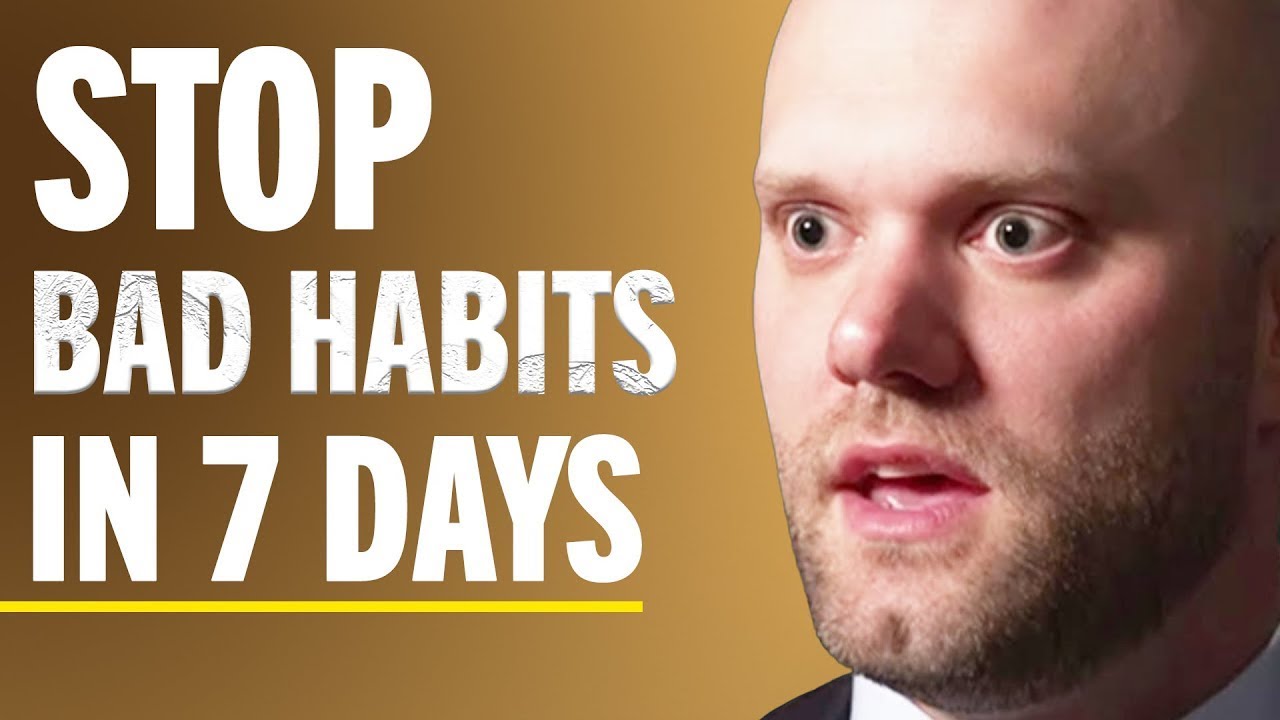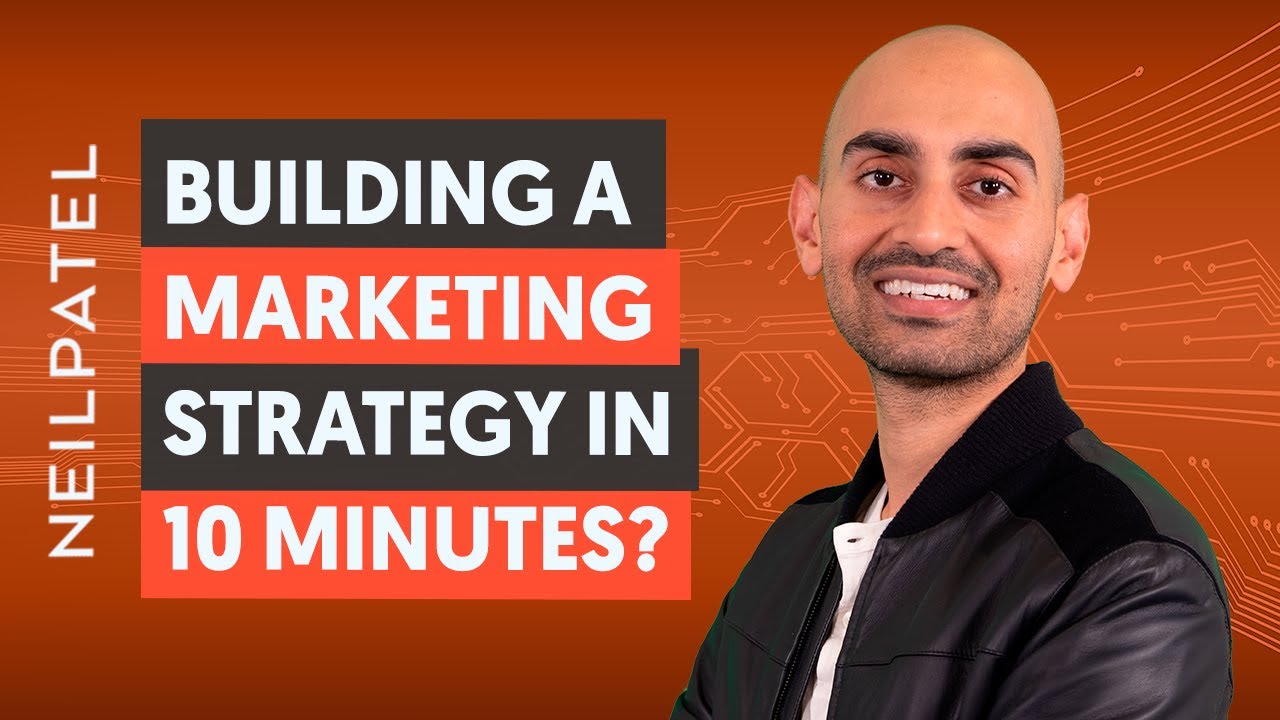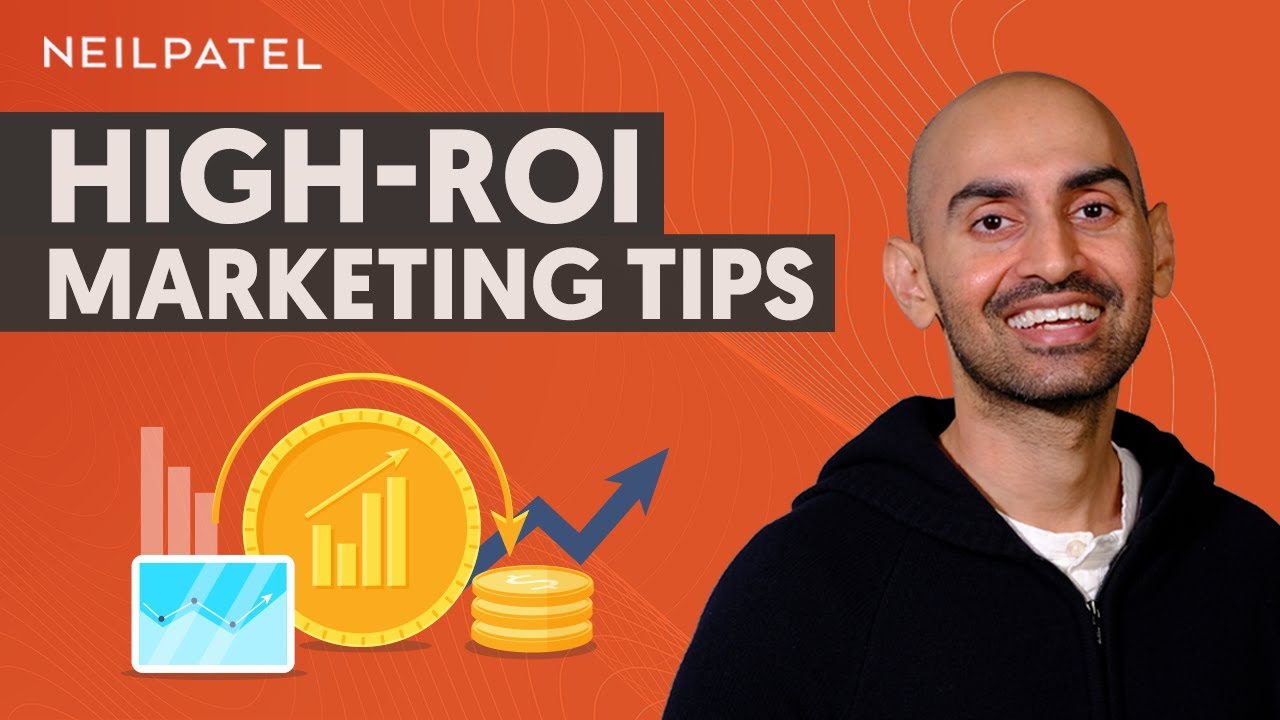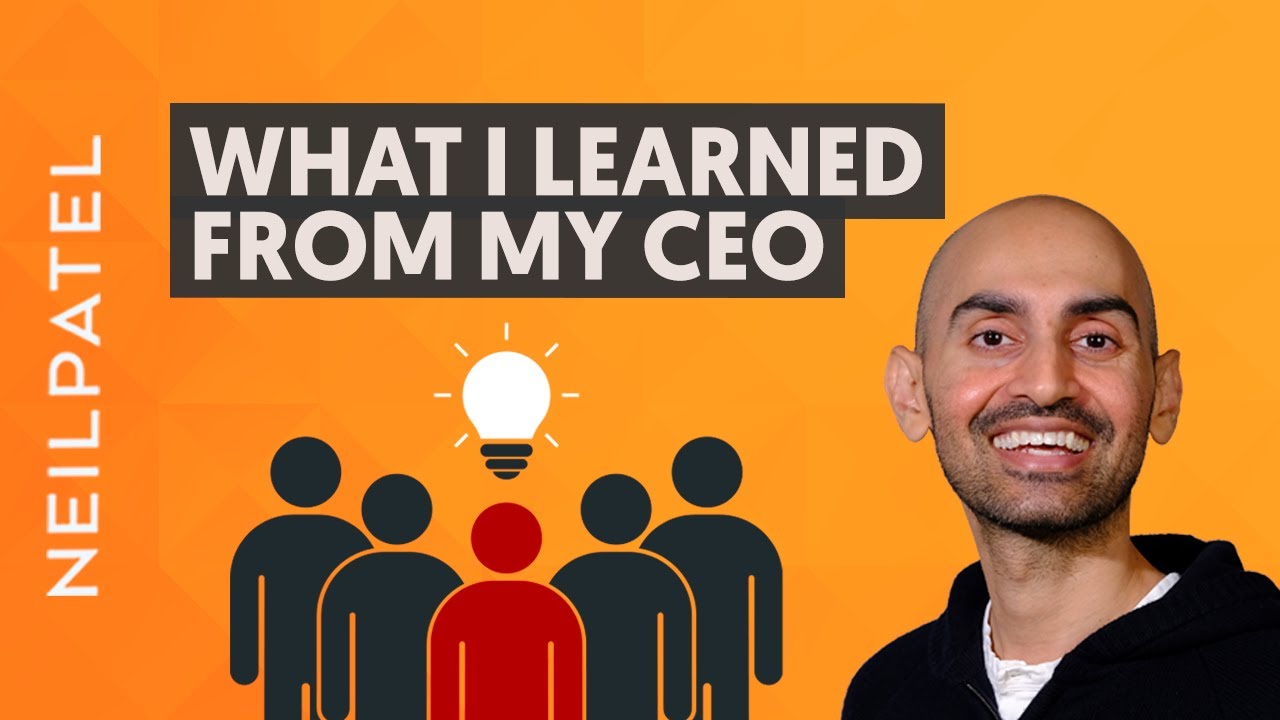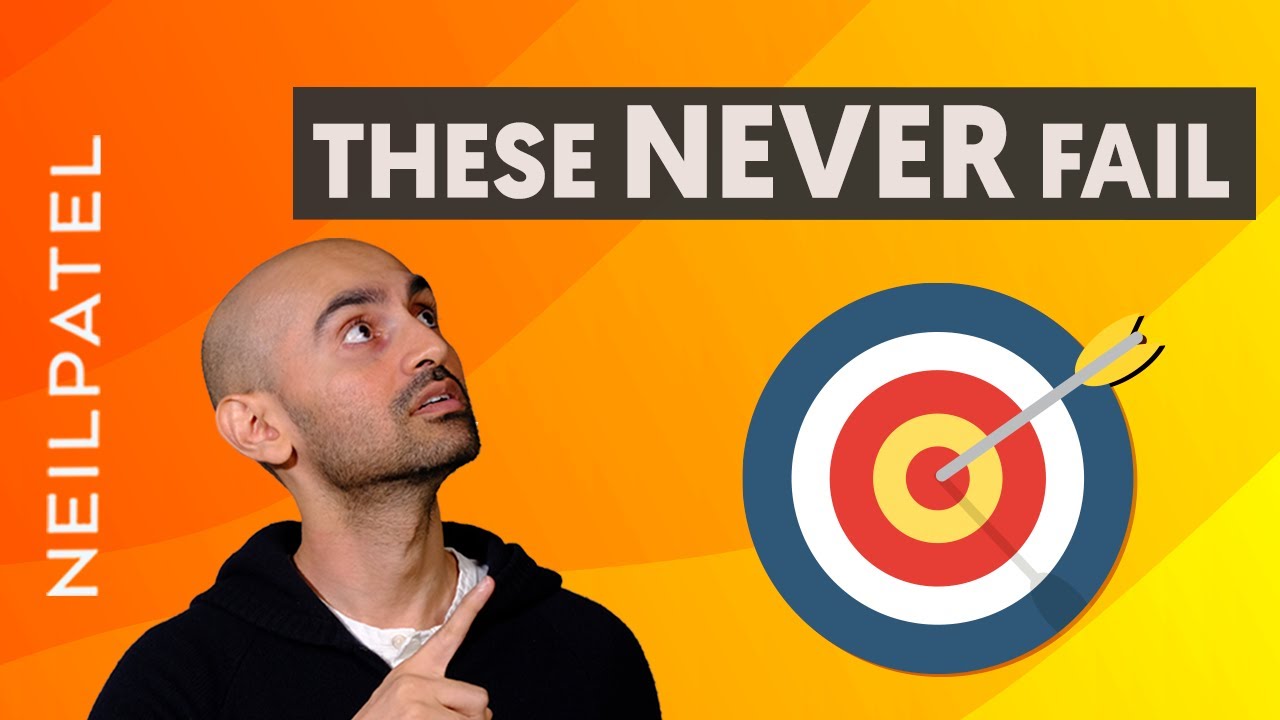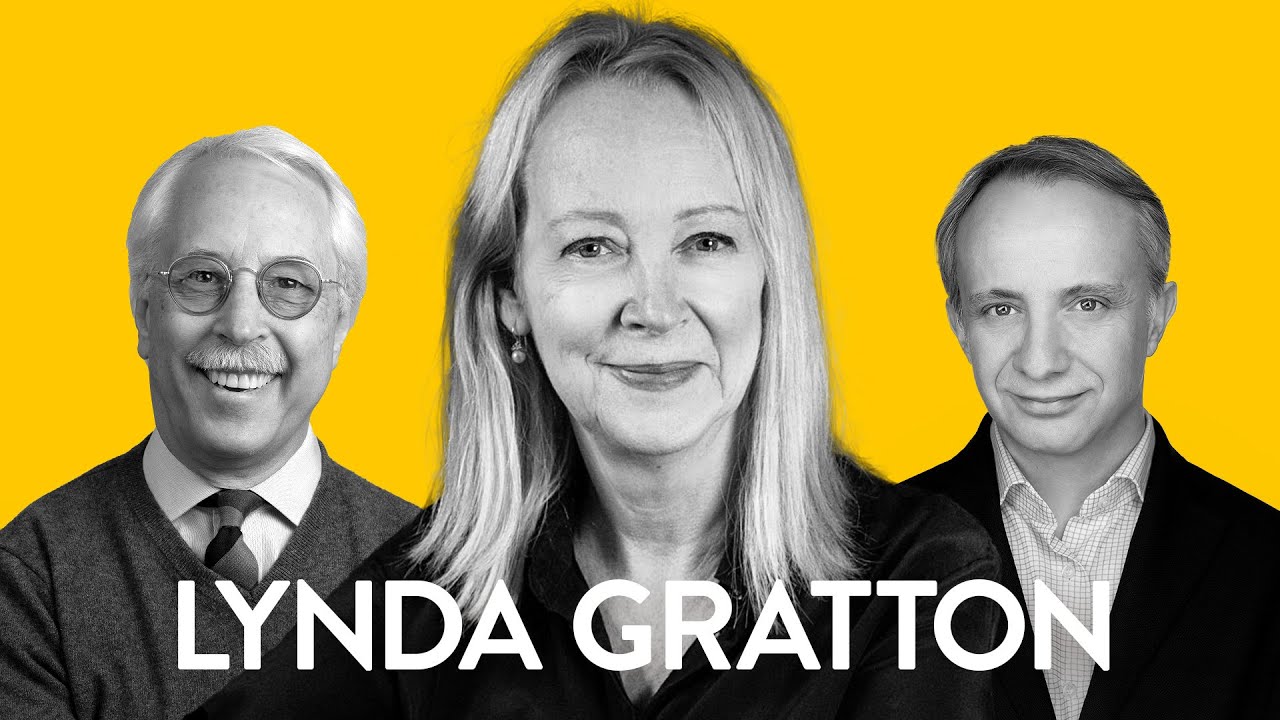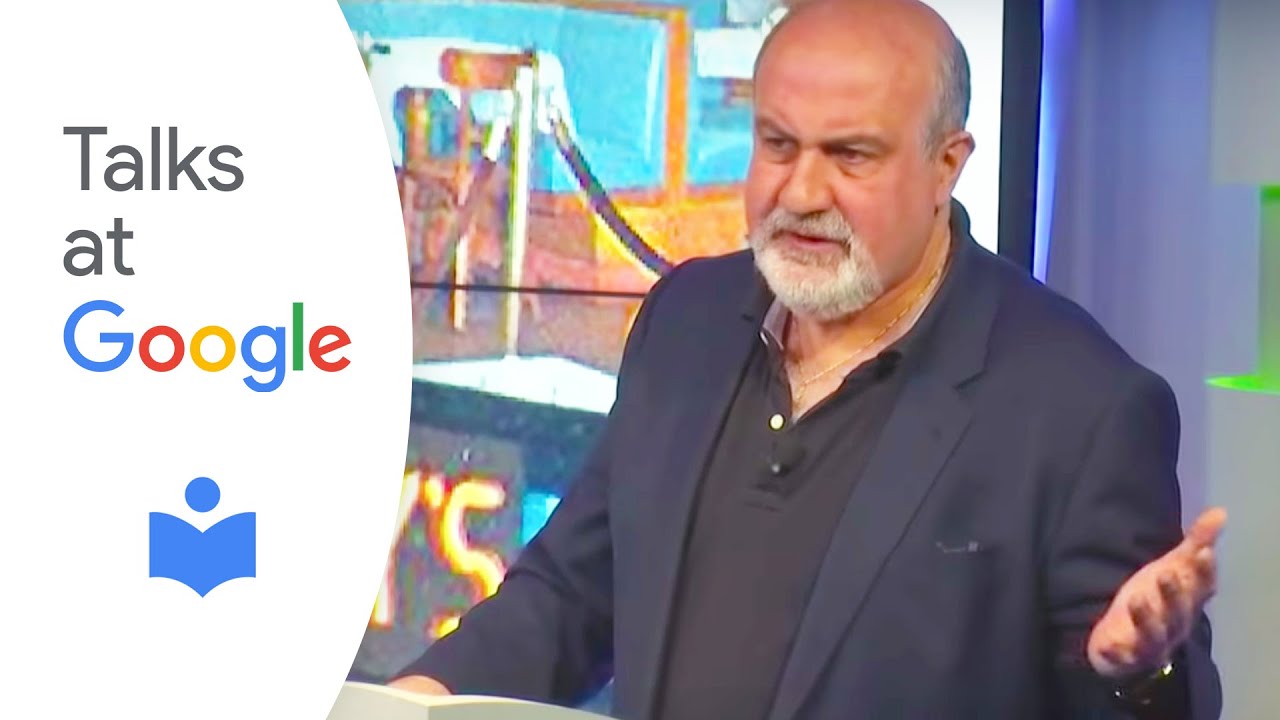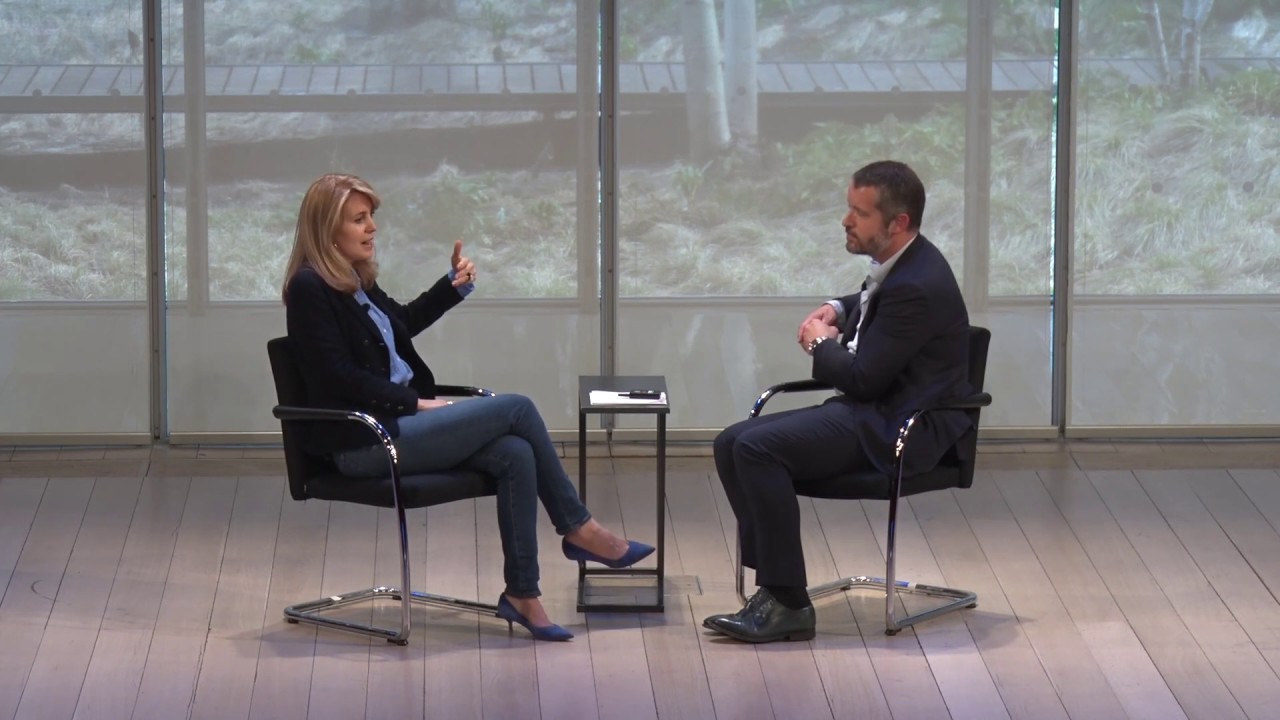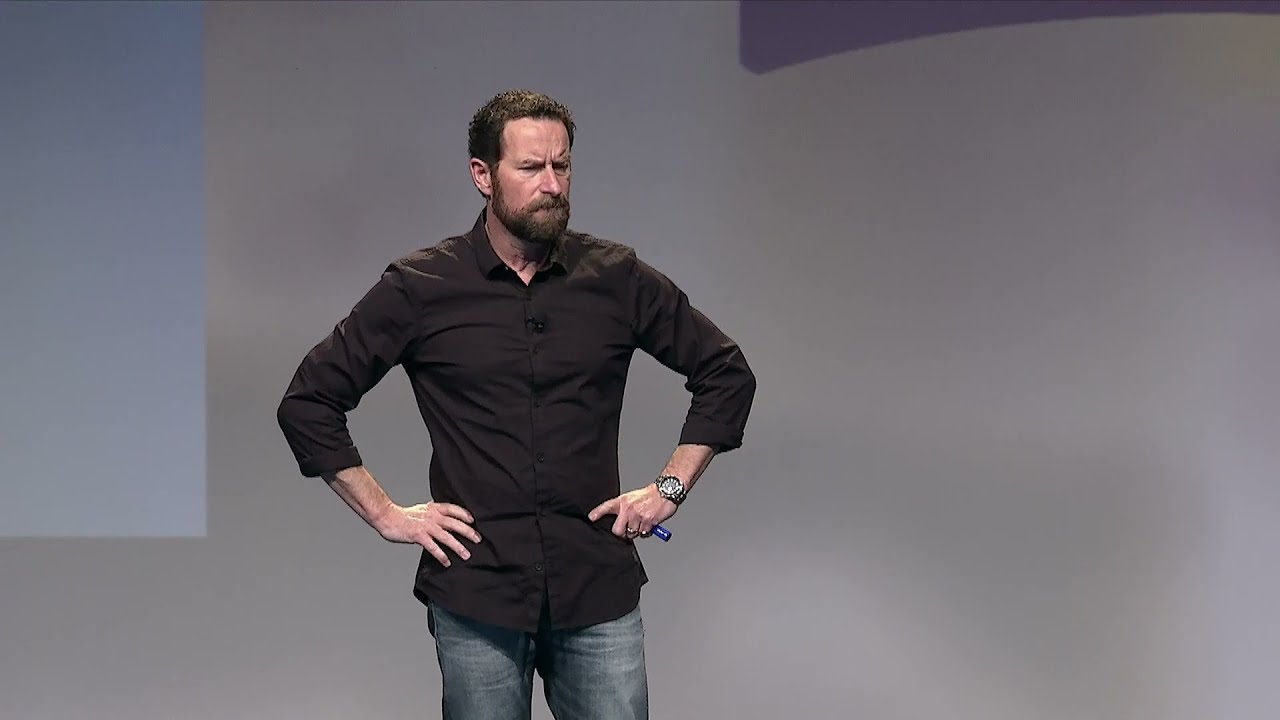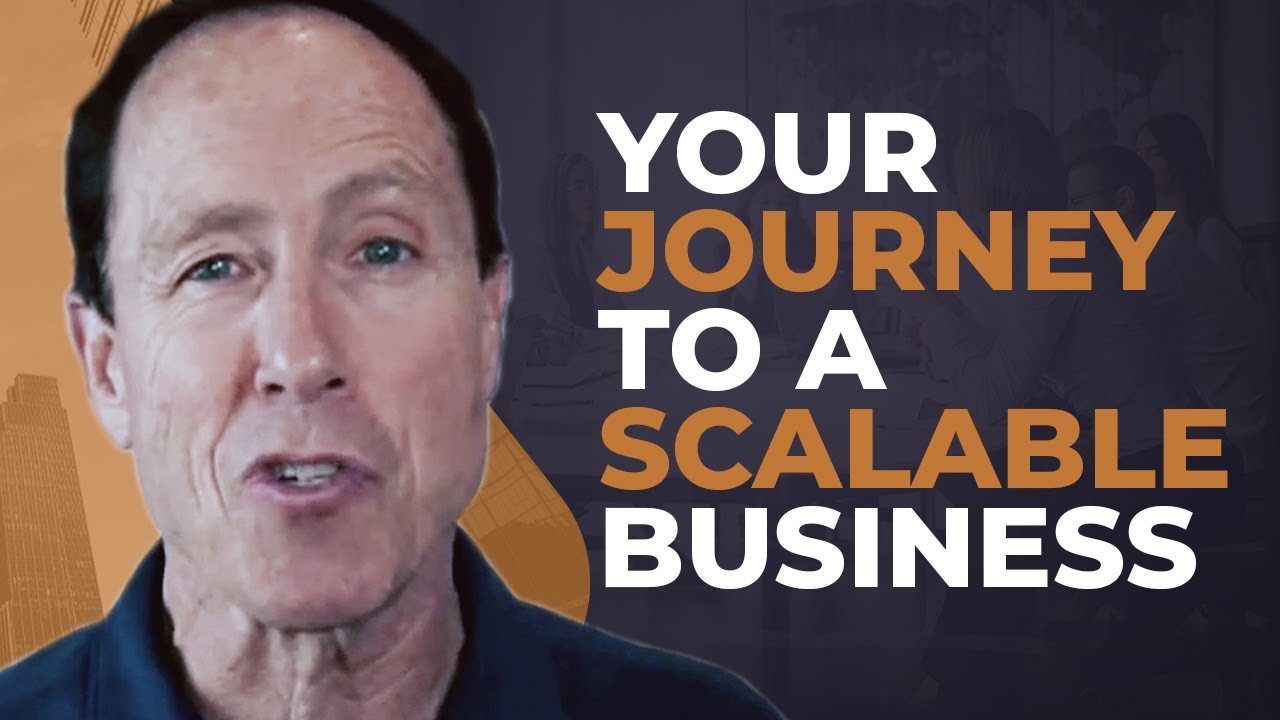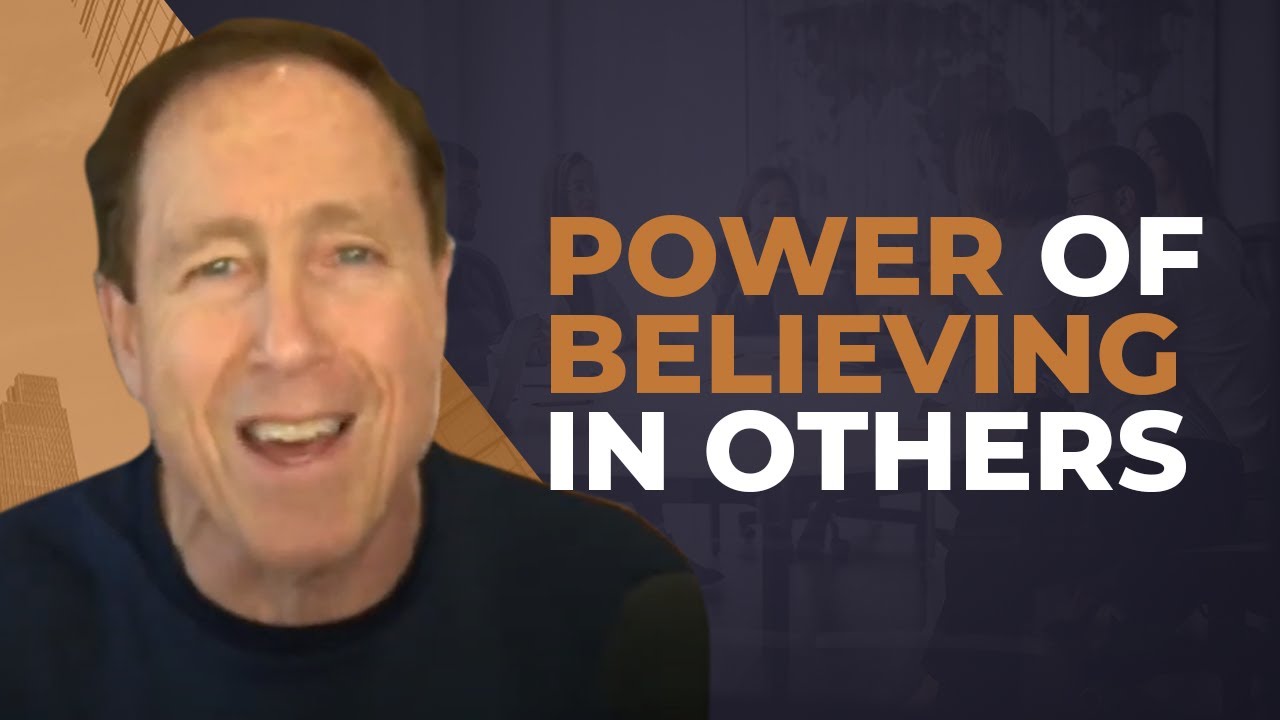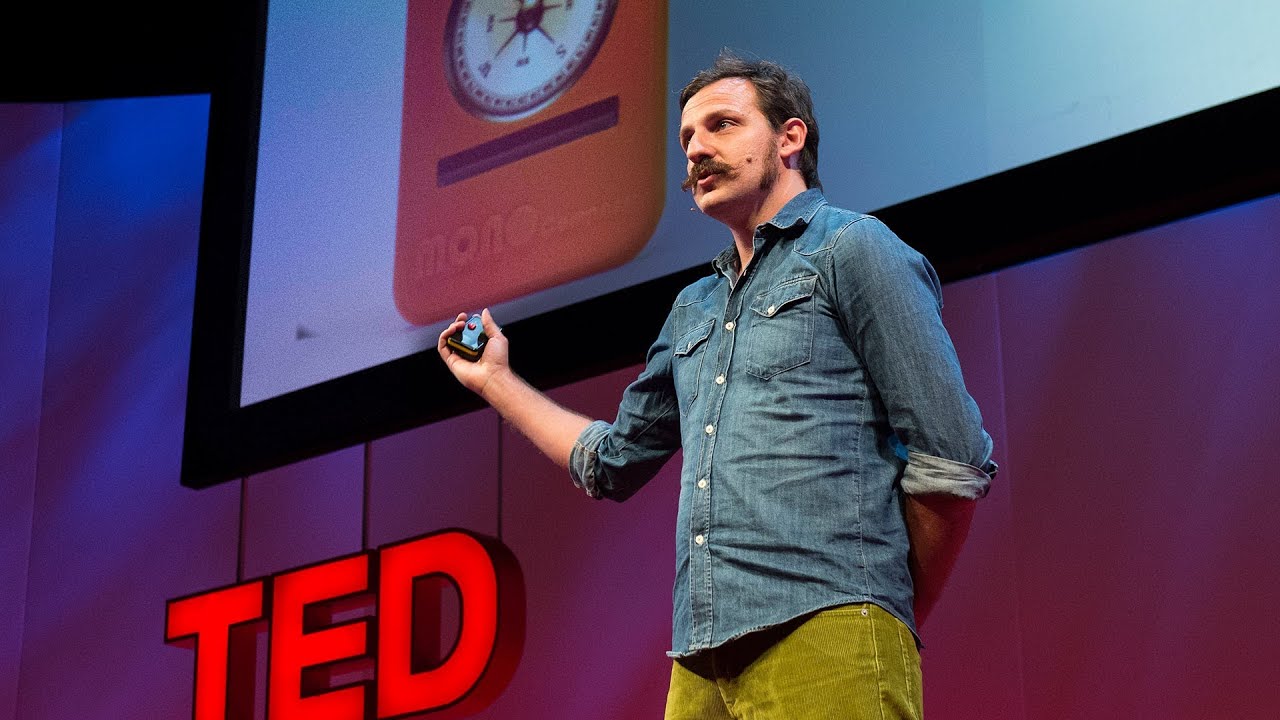4 powerful habit truths you need to know today
It’s a beautiful summer day in Hamilton, Ohio. At one of the county’s high schools, the tenth-grade students are out on the field playing baseball. The air vibrates with excitement and intense energy. Suddenly, a blonde, 5 feet tall fifteen-year-old gets hit in the face with a baseball bat by one of his classmates: the bat had accidentally slipped from his hands and hit the boy right between his eyes.
The accident was horrific: the blow crushed the bones in his nose causing instant swelling in his brain. He gave wrong answers when asked by the school nurse what year they were in and what President was in office. It took him ten seconds to remember his mother’s name. After that, he lost consciousness and was rushed to the emergency room.
At the hospital, the doctors established that he had multiple skull fractures, a swollen nose and shattered eye sockets. Shortly after he arrived there, his body collapsed: he stopped breathing and was hooked to a ventilation machine. The seizures started. The hospital wasn’t equipped to manage his particular situation so he was flown to a bigger hospital where he was placed into an induced coma and underwent emergency surgery to reconstruct his skull.
The surgery was successful, but the recovery was long and difficult. He had been dreaming of becoming a professional baseball player since he was 4 years old and that dream seemed impossible to achieve now. Still, he was determined to get his life back.
Six years after the accident, he became the best male player at his university and was selected for ESPN’s Academic All-America Team, a unique recognition enjoyed by only 33 athletes in the country.
By the time he graduated, he had records in eight different sports categories. He received the Presidential Medal, the highest honour in academia.
Years later he wrote a book which went on to become a bestseller with over 10 million copies sold worldwide.
His name is James Clear. His bestselling book is ‘Atomic Habits’.
James is a world-famous expert on habit formation. His newsletter has recently reached 2 million subscribers and the participants in BRAND MINDS 2023 had the amazing opportunity to hear him speak live, on stage about building the right habit systems to achieve success.
James Clear credits his amazing achievements following the accident to the power of good habits and putting together a system of goals.
The turning point came two years after his lif-altering injury when he got into university. He barely made it to the baseball team. He wasn’t going to play anytime soon so he decided to get his life straight. That’s when he discovered the amazing power of tiny habits. Instead of staying up late at night, playing video games, like his colleagues, he went to bed early every night.
His self-confidence began to increase and his academic results improved also: he had straight As the entire first year in college. Soon he began adopting other small habits with amazing results like not doing any homework after midnight. If he hadn’t learned it by midnight, he was just going to go to bed. All these small rules and practices were not much, but they gave him the feeling that he was in control of his life.
His habits of resting, studying & weightlifting led to him being named, six years after the accident nearly left him for dead, Denison’s 2008 Male Scholar-Athlete of the Year with records in 8 different sports categories while majoring in biomechanics.
James never realized his dream of playing in a professional baseball team. What he did was accomplish something more important than that: he fulfilled his potential.
James Clear: 4 essential habit truths you need to know today
Habit Truth #1: Behaviours that are immediately rewarded get repeated; behaviours that are immediately punished get avoided.
That’s why no one likes going to the gym (at least at first): it’s sweaty, it’s painful, maybe you don’t like seeing your body in the gym’s mirrors and you could go on with ten more reasons. The immediate result after the workout? Your body punishes you with muscle aches. Eat a slice of your favourite cake and your brain rewards you instantly by making you feel good. It’s definitely not fair.
The solution, James says, is to find some kind of immediate satisfaction. Look at the steps you need to take to achieve your goal from a different point of view to find what exactly you like about them, no matter how small. Focus on how it makes you feel and not on the result you want.
Habit Truth #2: The effects of your habits multiply over time.
“If you have good habits, time is your ally. If you have bad habits, time is your enemy. It’s really about mastering those little one percent choices. One percent better or one percent worse each day doesn’t feel like much in the moment, but it ends up being significant in the long run.”
James Clear
Eating healthy for one day is not going to show any results the next day. But eating healthy for six months will. The same is true for bad habits. Smoking five cigarettes for one day is not going to damage your lungs but doing it for six years definitely will. What you need is to show up every day. It’s like brushing your teeth: you need to do it every day.
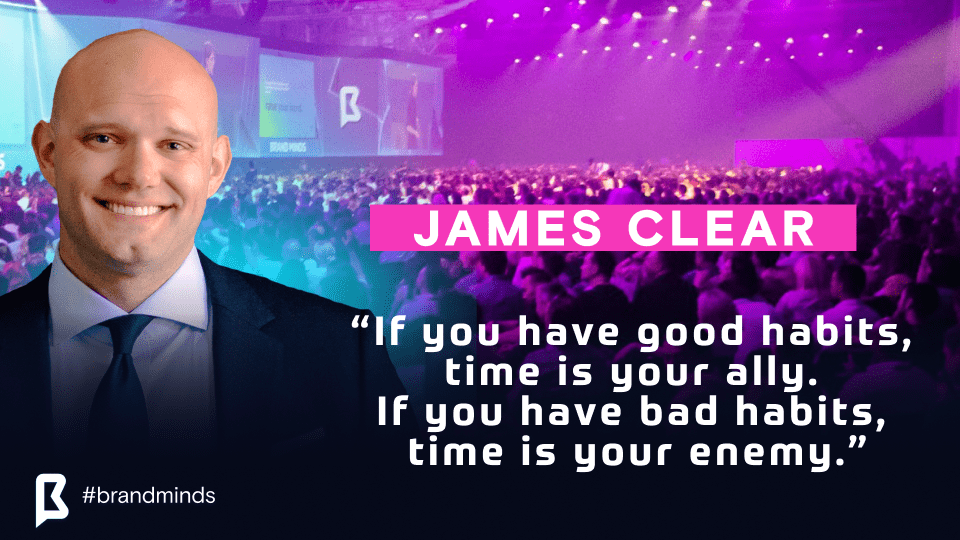
Habit Truth #3: Setting your goal is only 10% of the work; the process or the system getting you to your goal is 90%.
James says very eloquently that we don’t rise to the level of our goals, we fall to the level of our systems. Everyone wants to look and be fit but why do some succeed while others don’t? James answers this question as follows: Because setting the goal is not the thing that makes the difference. Yes, setting goals provide clarity and a sense of direction, but it’s really the system that determines whether or not you make progress on that goal. Focus on the system and the process rather than on any individual outcome.
“We think outcomes are what matter most and we need big ambitious goals, but almost always the goal isn’t the thing that needs to change. The process behind it is what needs to change.”
James Clear
Habit Truth #4: Scale it down so it’s super easy.
Let’s say your goal is to run the marathon within a year. If you are a coach potato, running a marathon is a pretty big goal. First of all, you must become aware that there’s a big gap between you relaxing on the couch and you running the marathon. These two individuals are different on at least three levels: mindset, lifestyle and motivation. There are many changes that need to happen before you start running even for five minutes.
Before you try wrestling a dragon, exercise wrestling a lizard. Scale it down so it’s super easy. Set yourself up for success with the two-minute rule.
Whatever is your goal, what can you do in two minutes?
Read one page, do breathing exercises, stretch, learn five new words?
Figure out what it is for your goal and go do it.
14 talks about top performance & business growth
Are you looking for insights on top performance & business growth?
Here are 14 talks featuring the BRAND MINDS 2023 speakers sharing their insights on habits, the new way of working, technology, marketing, sales, creativity and more.
14 talks about top performance & business growth
Building & changing habits with James Clear of “Atomic Habits”
YouTube Ads: Why is it not working and what to do with Neil Patel
New Ways of Working with Lynda Gratton
What’s Your Blue Ocean Strategy? Make Your Competition Irrelevant with Author Renée Mauborgne
3 reasons why your lookalike audience isn’t converting with Neil Patel
Creating new, empowering habits with James Clear
5 tips to think like a millionaire with Blair Singer
Keeping your PR creative, imaginative, curious and intuitive with Disney’s Duncan Wardle
Nassim Nicholas Taleb on Skin in the Game
Women in Engineering Day with Anne-Marie Imafidon
Move Beyond Competing with Renée Mauborgne
How to build awesome habits with James Clear
How to price correctly with Neil Patel
Why you should redesign your HR strategy with Lynda Gratton
23 insights on habits that will transform your life
Do you want to transform your life by building good habits? A reliable habit system designed for success will help you achieve your goals and dreams and become the best person you can be.
Here is James Clear on the stage at BRAND MINDS 2023:
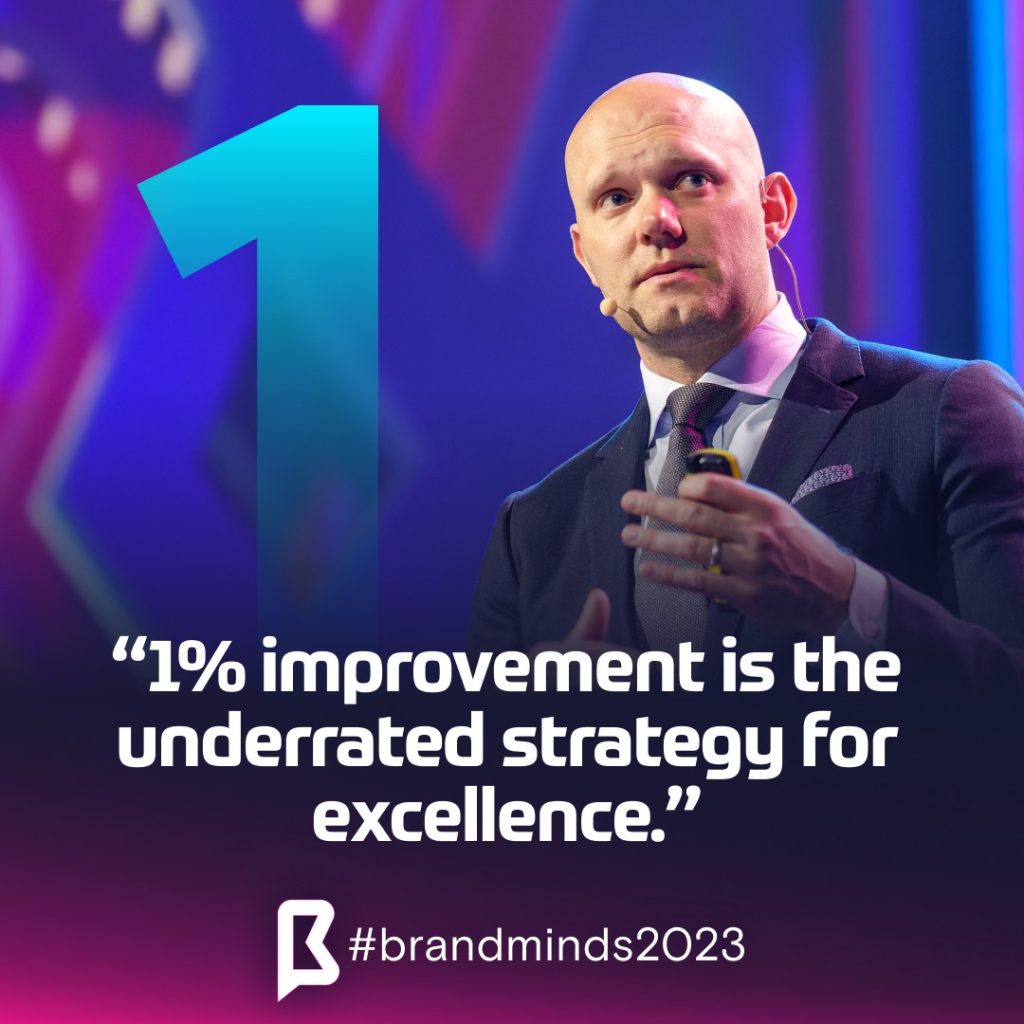

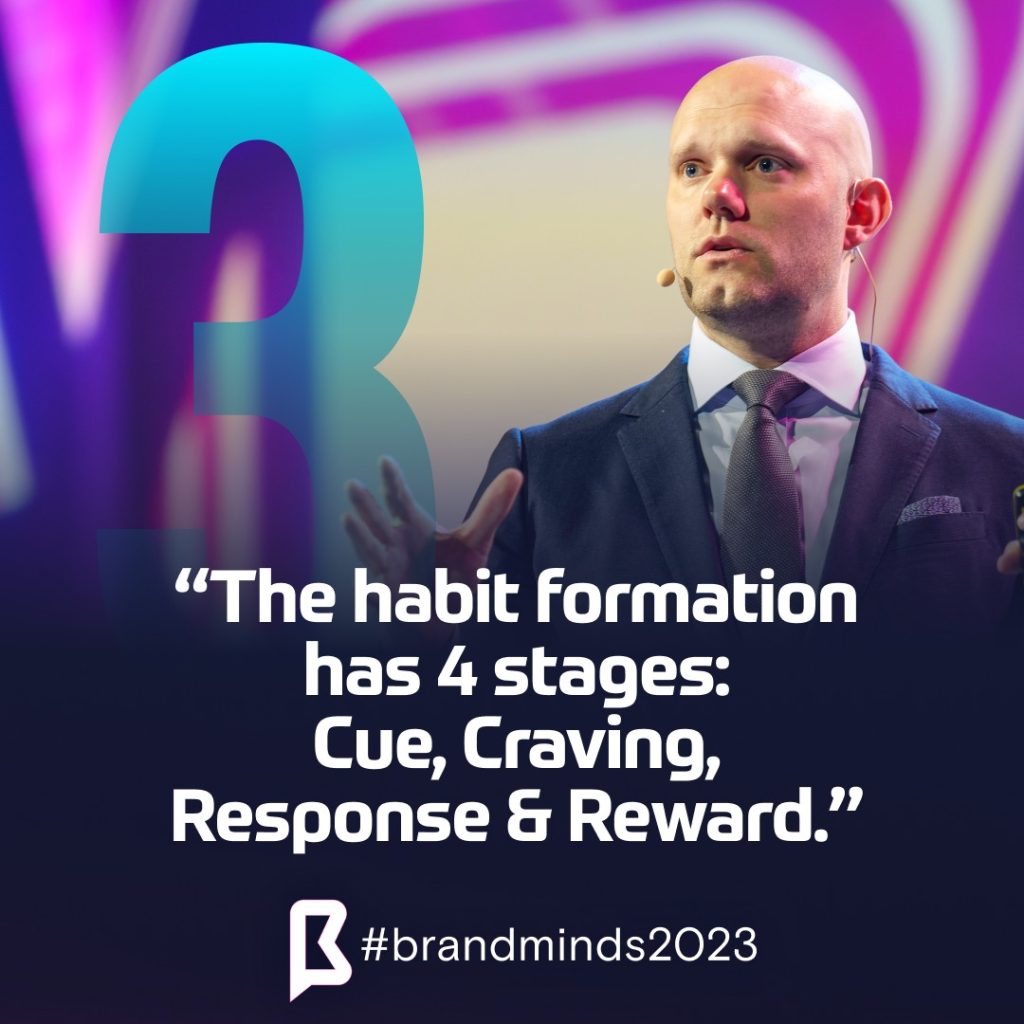
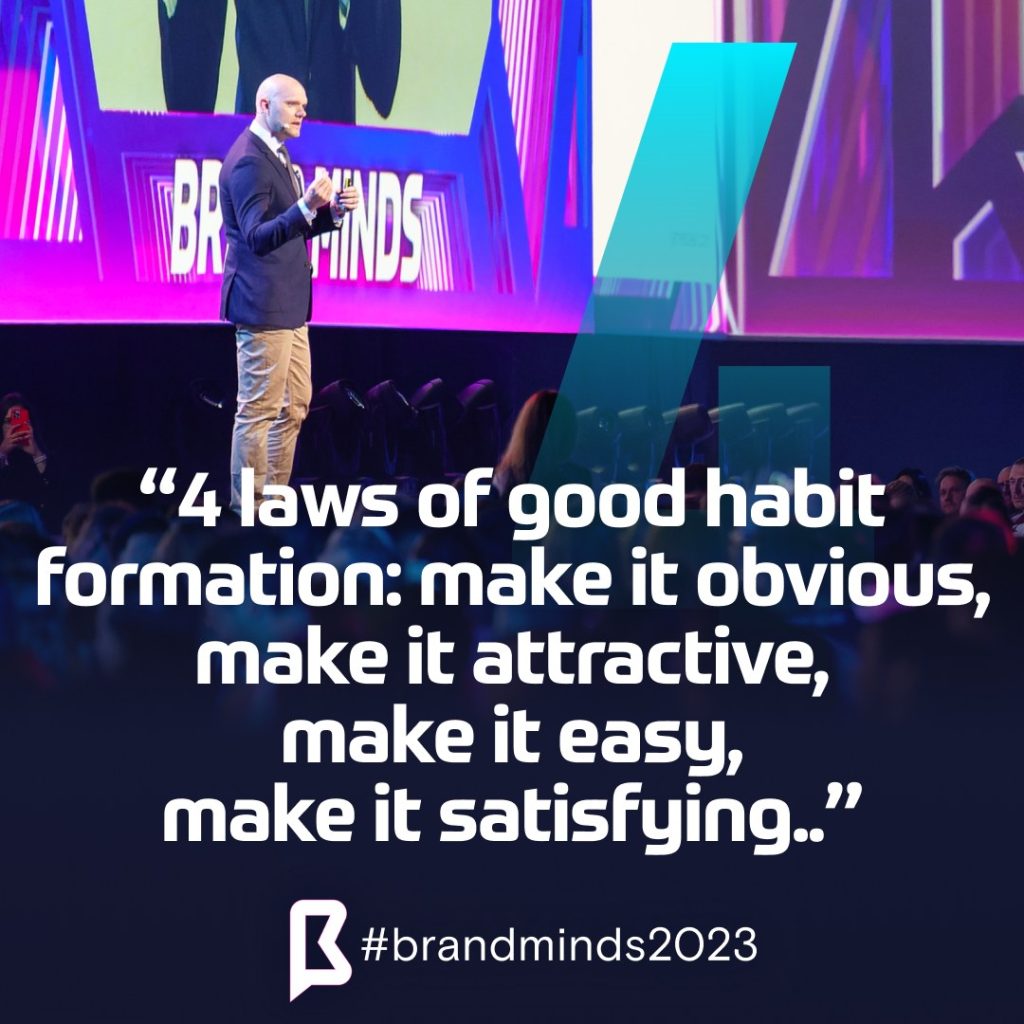
23 insights on habits that will transform your life from James Clear, Bestselling Author of ‘Atomic Habits’, habit formation expert and BRAND MINDS speaker:
1. Making 1% daily progress builds to something significant over the long term.
2. As atoms build into molecules, tiny habits are the building blocks of significant results.
3. The positive side of habits is that through actions they can become automatic. The downside is that mistakes can go unnoticed.
4. In order to become the best version of yourself, you have to constantly revise, refine & expand your beliefs.
5. Over time, your brain will identify cues that anticipate certain outcomes without consciously analysing them.
6. The technique of pointing and calling increases the degree of awareness of a subconscious habit by verbalising your actions.
7. The formula for the intention to implement a new habit is: I will (ACTION), at (MOMENT), and at (PLACE).
8. Small changes in context can lead to big changes in behaviour over time.
9. Gradually, your habits become associated with a whole context, not a single cue.
10. It’s easier to form a habit in a new environment because you won’t have to fight old cues that already exist in the environment.
11. People with strong self-control do not persist too long in tempting situations. It is easier to avoid a temptation than to resist it.
12. Habits are feedback circuits triggered by dopamine levels. When the level of this neurotransmitter increases, so does the motivation to act.
13. It is the anticipation of the reward, not the achievement, that drives us to act. The greater the pleasure we anticipate, the higher the dopamine level.
14. We tend to imitate the behaviours of three social groups: the group of close people (family and friends), the group of the majority (tribe), and the group of influential people (those with social status and prestige).
15. One of the most effective strategies for forming positive habits is to integrate yourself into an environment where the behaviour you want to acquire is considered normal.
16. Habit formation is the process by which a behaviour becomes progressively automatic through repetition.
17. The time you dedicate to action is not as important as how regularly you repeat it to make it a habit.
18. A habit may only last a few seconds but influences our behaviour for minutes or hours afterwards.
19. Before optimising you must standardise. You can’t perfect a habit that doesn’t exist.
20. Throughout human evolution, the brain has learned to prioritise immediate rewards over distant ones.
21. Habits feel easier when they align with your native abilities. Choose habits that suit you.
22. Genetic baggage does not exempt us from the effort, but it’s showing us in which direction we must concentrate our efforts.
23. The biggest threat to success is not failure, but boredom. As a habit repeats itself, it becomes increasingly interesting and unsatisfying.
26 key video lessons on business and personal growth you should see today
Take the reins of your personal and professional growth with 26 video lessons from global business thinkers speaking at BRAND MINDS 2023.

Video lessons on PERSONAL GROWTH with JAMES CLEAR, Bestselling Author of ‘Atomic Habits’
1. How to trigger good habits automatically
2. How long does it take to form a new habit
3. How to get 40 times better at anything
4. Building and changing habits
Video lessons on DIGITAL MARKETING STRATEGY with NEIL PATEL, Digital Marketing Expert
5. How to build a marketing strategy in 10 minutes
6. Seven underrated marketing tips
7. Key lessons learned from hiring a CEO
8. Unique marketing lessons from billion-dollar companies you’ve never heard of
9. Four digital marketing strategies that just work
Video lessons on HOW IS FUTURE OF WORK IMPACTING YOUR COMPANY with LYNDA GRATTON, Future of Work Strategy Expert @London Business School
10. The 2 key factors redesigning today’s workplace
11. Redesigning work
Video lessons on the GLOBAL ECONOMY with NASSIM NICHOLAS TALEB, Author & Risk Analyst
12. What are the greatest risks facing the global economy
13. Why ‘Skin in the Game’ is necessary to make sense of the world at large
Video lessons on BUSINESS GROWTH STRATEGY with Renée Mauborgne, Bestselling Author of Blue Ocean Strategy & Blue Ocean Shift
14. How to find new business growth opportunities in 3 essential steps
15. How to create exceptional business growth through the Blue Ocean Strategy
Video lessons on INNOVATION & CREATIVITY with DUNCAN WARDLE, Innovation Expert & Creative Director of Disney
16. What is a simple way to get new ideas
17. How to challenge people to develop remarkable ideas
18. What is the Moon Shot Thinking and what rules you should be challenging to get to it
19. How to get into the right state of mind to innovate at work
20. How to solve your business challenge by looking around the world of innovation
Video lessons on SALES STRATEGY SECRETS with Blair Singer, World Famous Sales Expert
21. Three secrets to winning every sales pitch
22. Six things that will give you an instant advantage in front of everyone
23. How to start your journey to a scalable business
24. How to build the dream team in the business
Video lessons on ARTIFICIAL INTELLIGENCE AND THE FUTURE OF WORK with ANNE-MARIE IMAFIDON, Tech Leadership Expert
25. Why leaders should adopt A.I. to future-proof their businesses
26. The definitive guide to changing your company from the inside out
7 key work habits to help you get noticed by top management
Good habits bring many benefits not only to your life but to your career too. Build the following work habits and you will get noticed by top management.
7 work habits to help you get noticed by top management
Work Habit #1 – Respect and achieve deadlines. Speak up if the deadline is not realistic.
First, make sure you understand the nature of the task at hand and if it’s within your area of expertise.
Second, ask yourself: Is it necessary to use specific platforms or tools to achieve the project? Tell your manager about that. Does it take more time than estimated? Tell your manager and set a new deadline together.
Work Habit #2 – Work intently. What does it mean?
Don’t work just to check off one task on your list of tasks for the day. Always do your work with the bigger business or team goal in mind.
Often there are differences between business perspectives inside the company: top management sees things from one vantage point while employees have an equally valuable different touchpoint with the market depending on their job roles (customer service or sales). Whatever the task, find relevant information and extract the insights necessary to help you get closer to your business goals.
Work Habit #3 – Ask open questions to uncover areas in need of improvement
When you ask questions about the company, the business or your job role, you show interest in your employer, and you get noticed as an engaged and motivated employee. You should be able to ask questions whenever you need context or additional information to meet your objectives.
However, the best time to ask relevant questions is in the first 30 or 60 days as a new hire. Why? Because you speak from an unbiased perspective and provide top management with a fresh overview. This is the perfect time to recommend changes. It’s the now-or-never-moment when you can ask Why do you do this or that operation like that? and if you receive the Because that’s how we’ve always done it answer, come up with improvement solutions.
Work Habit #4 – Help your team members succeed
In this time and age, when moving fast and breaking things is essential to the success of companies in every industry, people don’t work in a bubble, they work in a team.
Successful teams are the ones whose members learn something new from each other every day. In these teams, employees first grow individually, as a professional, and second, collectively as a team. Help your team succeed by sharing relevant info or knowledge with your team members.
Because teams who learn together, grow together.
Work Habit #5 – Write improvement proposals in your area of expertise
The company’s top management is responsible for establishing policies, guidelines and strategic objectives. They set the company on the path to achieving business goals, allocate resources and value employees who are committed to the company’s mission and values.
Employees who are creative and are always looking for ways to use their experience and expertise to help the company scale up get noticed by top management and are more likely to advance in their careers.
Work Habit #6 – Identify problems and come up with at least one solution
Leadership and top management have an overview of the company and where the business is headed, but they can sometimes have a blind spot concerning areas that need development.
They simply cannot see what the company is missing, but employees can. If you identify areas where the company is struggling or could use improvement, take one step forward and talk to management about it. Prepare yourself for the meeting: gather stats, relevant insights, talk to colleagues and present at least one solution.
Work Habit #7 – Search for professional development courses to hone your craft
Successful professionals never stop learning. Developing your skill set provides you with the opportunity to become a better professional and improve your results. Search for professional development courses in your industry and show top management how they help you boost performance and achieve business goals.
Best 8 goal-tracking apps to help you achieve your objectives
1. Adidas Running – Sports, Fitness & Run tracker
With over 50 million downloads, the Adidas Running app is a GPS and workout tracker for running beginners, 5k and marathon training.
Users can map their runs and track minutes, miles and calories burned for over 120 activities.
The app invites users to take part in challenges and virtual races to keep them on their toes and keep the competitive spirit alive.
Users can also create their own fitness community to motivate them and push them forward when they follow other users.
The app has built-in GPS tracking so that users have all their workout statistics and progress in one place and allows users to score activity so they record when they reach a new personal best.
Adidas Running has a powerful goal-setting feature that supports any goals the users set, whether it’s distance, duration or weight loss and allows them to choose a daily, weekly, monthly or yearly goal. A newly-added statistics section prompts users to compare their performance from the past weeks, months and years.
What the users like about Adidas Running:
![]() Live tracking voiceover,
Live tracking voiceover,
![]() Satellite imagery of the route and the stats, graphs and charts,
Satellite imagery of the route and the stats, graphs and charts,
![]() Prompt customer service,
Prompt customer service,
![]() Accurate data imports
Accurate data imports
![]() Helpful and interesting articles on the blog
Helpful and interesting articles on the blog
![]() Reliable and easy to use
Reliable and easy to use
![]() Great for running and cycling
Great for running and cycling
2. Fabulous: Daily motivation & habit tracker
Fabulous is a gentle coaching tool to help users build routines to become their best self.
Incubated at Duke University Behavioral Economics Lab, Fabulous was nominated for Google Play’s Best App Award and won Google’s Material Design Award for Most Charming Engagement.
The app’s ultimate goal is to instil habits that improve users’ health.
Fabulous is a science-based app that will motivate users to improve their fitness and achieve their weight loss goals. It also is a great helper for sleep cycle reboot and anxiety reducing mindfulness.
Users are nurtured to learn to build a transformative morning routine and even pick up life-changing habits like meditation and yoga.
Unlike other goal-tracking apps, Fabulous steps into the role of a life coach, building motivation so users can focus on developing habits that reduce the level of anxiety and improve daily productivity.
What users like about Fabulous:
![]() Imagery and sound effects
Imagery and sound effects
![]() Quick and easy to use
Quick and easy to use
![]() Easily incorporated into the flow of your day without feeling annoyed or distracted
Easily incorporated into the flow of your day without feeling annoyed or distracted
![]() Lays out the plan for users
Lays out the plan for users
![]() Doesn’t feel regimented
Doesn’t feel regimented
![]() Holistic, incorporating body, mind and soul
Holistic, incorporating body, mind and soul
![]() Customizable
Customizable
3. Todoist: To-Do list, tasks & reminders
Online magazine The Verge named Todoist “the best to-do list app right now” and it was Google’s selection for 2020 Editor’s Choice.
With Todoist, users can capture and organize tasks the moment they pop into their head.
Having trouble remembering deadlines?
Todoist helps you with that by sending you reminders and due dates.
Users can build lasting habits with recurring due dated. They can collaborate on projects by assigning tasks to others and prioritize tasks with priority levels.
The app allows users to track their progress with personalized productivity trends.
Todoist also integrates with other tools like Gmail, Google Calendar, Slack, Amazon Alexa and more.
What users like about Todoist:
![]() Automatically schedules tasks
Automatically schedules tasks
![]() Excellent app on both mobile and desktop
Excellent app on both mobile and desktop
![]() Intuitive interface
Intuitive interface
![]() Quick and easy to structure
Quick and easy to structure
![]() Ability to divide tasks by project
Ability to divide tasks by project
![]() Ability to assign priorities
Ability to assign priorities
![]() Fast
Fast
4. Daylio – Diary, Journal, Mood tracker
Daylio is a self-care bullet journal with goals. The app enables users to keep a private journal without having to type a single line.
Daylio is built on three principles:
- Reach happiness and self-improvement by being mindful of your days;
- Validate your hunches ie how your new hobby influences your life;
- Form a new habit with no learning curve.
The app allows users to create daily, weekly or monthly goals. The users can motivate themselves, build habits and collect achievements.
Daylio collects recorded moods and activities in the statistics and calendar so users can discover what makes them happy.
The app allows users to keep track of activities and create patterns to become more productive.
What users like about Daylio:
![]() A wide range of customization and options to make the app for them
A wide range of customization and options to make the app for them
![]() Notification reminders for goals
Notification reminders for goals
![]() Useful for memories
Useful for memories
![]() Great support team
Great support team
![]() High level of flexibility
High level of flexibility
![]() Aesthetically pleasing
Aesthetically pleasing
![]() Easy to use
Easy to use
![]() Great app to keep track of moods and identify problems
Great app to keep track of moods and identify problems
5. Any.do – To do list, task, reminders & planner
The Wall Street Journal named Any.do the #1 to-do list app out there and was selected google’s Editor’s Choice.
Any.do is a free to-do list, planner and calendar app for managing and organizing your daily tasks, to-do lists, notes, reminders, checklists, calendar events and more.
Users can create and set reminders with voice and add them to their to-do list.
For better productivity, the app provides users with calendar integration to keep their agenda always up to date.
Any.do integrates with a slew of tools like Google Calendar, Evernote, Wunderlist, Salesforce, Zapier and more.
The app has an intuitive drag and drop feature and a shaking feature to remove completed tasks from the user’s to-do list.
What users like about Any.do:
![]() Easy to use
Easy to use
![]() Incredibly versatile
Incredibly versatile
![]() Great customer service
Great customer service
![]() Seamless connection between multiple devices
Seamless connection between multiple devices
![]() Unique and simple features
Unique and simple features
![]() Flexibility to do planned work on time
Flexibility to do planned work on time
![]() Hierarchy for to-dos
Hierarchy for to-dos
6. Loop Habit Tracker
Loop Habit Tracker helps users create and maintain long-term positive habits.
The ad-free app provides users with detailed charts and statistics to give them a clear picture of how their habits have improved over time.
The app has an elegant and minimalistic interface that is very easy to use.
It helps users through its advanced formula for calculating the strength of their habits. Every repetition makes the user’s habit stronger.
Loop doesn’t impose limits on how many habits users can have and doesn’t require an internet connection or online account registration.
The user’s confidential data is never sent to third parties.
What users like about Loop Habit Tracker:
![]() Ease of flexibility to define goals
Ease of flexibility to define goals
![]() Data is not automatically stored in the cloud
Data is not automatically stored in the cloud
![]() No ads
No ads
![]() Makes progress visible in the most simple and informative way
Makes progress visible in the most simple and informative way
![]() Effective
Effective
![]() Very helpful in forming new habits and curbing bad ones
Very helpful in forming new habits and curbing bad ones
![]() Highly customizable
Highly customizable
![]() Easy interface that doesn’t intrude
Easy interface that doesn’t intrude
7. Habit Hub – Habit tracker and goal tracker motivation
HabitHub tracks habits, helps users accomplish their goals and rewire themselves.
The app is based on Seinfeld’s productivity tip which involves building long streaks of days. These streaks motivate users to keep moving forward.
HabitHub comes with four prebuilt themes and a full-featured calendar view for every habit to track and visualize.
The app is integrated with smartwatches allowing users to mark the days directly from the watch.
Users are prompted to make the most of the app’s flexible scheduling system which can track any habit.
Habits are also categorized according to various aspects of users’ life.
What users like about HabitHub:
![]() Intuitive design
Intuitive design
![]() Helpful and motivating without feeling oppressive or overwhelming
Helpful and motivating without feeling oppressive or overwhelming
![]() Very useful for employees working at home
Very useful for employees working at home
![]() Excellent statistics
Excellent statistics
![]() Flexibility
Flexibility
![]() It makes it very easy to keep track of multiple habits at once
It makes it very easy to keep track of multiple habits at once
![]() The rewards option
The rewards option
8. Goal Meter – Goal tracker, habit changer, to-do list
Goal Meter is a goal tracking and habit changing tool. It allows users to schedule their day in advance, increase productivity and improve efficiency.
The app allows users to improve their time management skills by breaking down goals into daily routines and habits which is suitable for anyone looking to do more in less time.
Goal Meter makes it easier for users to complete goals by allowing them to pick habit templates like Study, Exercise, Diet, Work, Health, Financial, Bad habits to stop and more.
The app is more convenient than a calendar for routine tasks as it doesn’t clutter the calendar schedule.
What users like about Goal Meter:
![]() A fun app that is great for smart goals
A fun app that is great for smart goals
![]() Great for time-bound goals
Great for time-bound goals
![]() Great app for achievers
Great app for achievers
![]() It gives users the ability to be as specific or general as possible
It gives users the ability to be as specific or general as possible
![]() It allows for psychological helpful factors like identification, stair-stepping, accountability and visualization
It allows for psychological helpful factors like identification, stair-stepping, accountability and visualization
![]() Pleasant and easy to use interface
Pleasant and easy to use interface
![]() Clicking the Done button keeps users motivated
Clicking the Done button keeps users motivated
![]() Great artwork
Great artwork
![]() Setting goals according to different measurements
Setting goals according to different measurements
Join the Conversation
We’d love to hear what you have to say.
Get in touch with us on our LinkedIn Page, Facebook Page, Twitter or TikTok.
10 Habits of Successful Entrepreneurs (2 of 2)
This article is delivered in two parts. Read the first part: 10 Habits of Successful Entrepreneurs (1 of 2)
We are all creatures of habit. Some habits can ruin our lives while others can be beneficial to us. Whether we choose to nurture bad habits or good habits, it’s up to us.
6. Break big goals into small steps
Having a big, ambitious goal is wonderful but reaching it may feel intimidating. The secret is to break your big goal into small achievable steps. In this way, you will feel empowered to begin your journey and more motivated each time you achieve your small step.
Stephen Duneier, the former Head of Currency Option Trading at Bank of America, has applied this method throughout his life with impressive outcomes. By breaking his ambitious goals into small tasks and making marginal improvements to the process along the way, he managed to advance in his career, learn German, lose 25 pounds and crochet his way into the Guinness Records – yeah, you read this correctly! Listen to Stephen’s TED talk, you won’t regret it:
7. Experiment
What is the method giant companies use to develop, innovate and grow? The answer is experimentation. According to fastcompany.com, Google and P&G run 7000 experiments a year, Amazon – 2000 and Facebook – more than 100,000! Rapid experimentation is the strategy by which startups and small businesses grow exponentially.
The companies which build their culture with experimentation at its core are winning in the long run.
Read More: The 10,000-experiment rule – your path to success.
8. Reframe failure
What if Elon Musk gave up after so many of his rockets crashed? Instead he said “Failure is an option here. If things are not failing, you’re not innovating enough” and moved on.
In your entrepreneurial journey you will face failure multiple times. View it as normal, reframe it into a learning experience and keep going. Reframing failure is a process and if you turn it into a habit, it will be greatly beneficial to your personal and professional life.
Read more: How to reframe failure – 6 steps.
9. Monitor your inner talk
Do you have critical thoughts? Like I will definitely fail because I cannot do anything right?
This is your inner talk and it is disempowering. Such negative inner talk is strongly correlated to low self-esteem and self-confidence. A low self-esteem is the expression of a negative image of yourself: you don’t like or love yourself which usually leads to a low self-confidence. Self-confidence means you have little trust in your abilities and you perceive yourself of being less capable than others to perform certain tasks.
Read more: Self-Awareness – 5 tactics to improve it.
10. Never give up
Turn never giving up into a habit.
Psychologist Angela Duckworth found that never giving up is a characteristic related to the temperament of successful leaders and entrepreneurs. She calls it grit.
Grit is perseverance, passion for long-term and the ability to maintain effort and interest over years despite failure, adversity and plateaus in progress.
Read more: This is the no 1 trait that predicts entrepreneurial success.
10 Habits of Successful Entrepreneurs (1 of 2)
Habits change into character.
Ovid
We are all creatures of habit. Some habits can ruin our lives while others can be beneficial to us. Whether we choose to nurture bad habits or good habits, it’s up to us.
Here are 10 habits to help you achieve success as an entrepreneur:

1. Think Big and be Confident
Think big, start small, scale fast
Yes, thinking big is a habit and for any habit to produce results you need to exercise it daily.
What does it mean?
It means not to be afraid of scaling up. To think big you need to erase your own limitations that suppress your way of thinking. It’s the difference between driving a car to the next town and driving a rocket to the next planet.
You may refrain yourself from thinking big because you feel intimidated. The cure for this type of intimidation is breaking your high purpose into small goals. If you believe you can achieve one small goal at a time, you will feel empowered to work towards achieving your purpose.
To think big you need to have self-confidence. Self-confidence is the trust or faith that you have in yourself and your abilities. Don’t confuse self-confidence with self-esteem. Self-esteem is the opinion you have of yourself. When you have self-confidence you have a positive yet realistic view of yourself and the situations in which you are involved. Confident people don’t typically fear challenges, they are able to stand up for what they believe and have the courage to admit their limitations.

2. Lead, Inspire and Empower
Once you empower people by learning how to motivate and inspire them, they will want to work with you to help you achieve your goals in everything you do.
Brian Tracy
No entrepreneur achieves success on his or her own. As an early-stage entrepreneur, you can do everything but only for a short period of time. You need a team.
Employers are the most important resource of any business. The moment you begin working with a team, you turn into a leader. And the purpose of leadership is to lead, inspire and empower. You lead by example, you inspire through vision and you empower your team by supporting their self-development.
When empowering people becomes one of your habits, may they be employers, family members, business partners or suppliers, you are actually empowering them to help you achieve your goals and higher purpose.

3. Be Self-aware
Self-awareness isn’t just betting on your strengths, but accepting your shortcomings.
Gary Vaynerchuk
Self-awareness is understanding your own self. It means having a really good understanding of your emotions, as well as your strengths, limitations, attitudes, values and motives.
Part of being self-aware is knowing what emotions or feelings drive your behaviours. The moment you realise what triggers your behaviours you begin to understand about others’ actions and behaviours.
You can become a better leader through self-awareness. Dr Tasha Eurich, an organizational psychologist and executive coach conducted a four-year large-scale scientific study of self-awareness. She found that self-awareness helps leaders improve their leadership skills. To become a better leader through self-awareness you need to do the following:
- Focus on building both internal and external self-awareness;
- Seek honest feedback from loving critics;
- Ask What instead of Why.
Discover more about Dr Eurich’s study here:
Become a better leader through self-awareness – 2018 study.

4. Place Me Time and Family Time on your work calendar
Until you value yourself, you will not value your time. Until you value your time, you will not do anything with it.
M. Scott Peck
Many entrepreneurs believe that in order to be successful they need to be willing to sacrifice their personal and family life. But that is not true. You can have your cake and eat it too. All you need to do is think of your family activities like any other business appointment and write them in your schedule.
It’s equally important to prioritise me time because it is beneficial for you and your business. Whether is running or meditating or going for a walk in a park, me time helps you avoid the onset of stress, mental fatigue, and insomnia. It also builds your self-esteem as you come to realize that you are important and deserve to have a little time to yourself.

5. Read with the purpose of Learning and Developing
I was raised by books. Books and then my parents.
Elon Musk
Bill Gates reads 50 books a year and Elon Musk used to read 10 hours a day when he was a kid.
Reading is the old-fashioned way to expand your knowledge. As an entrepreneur, you need to keep growing, developing leadership skills, finding inspiration and overall, keep yourself updated with the latest trends and information.
Read part 2: 10 Habits of Successful Entrepreneurs (2 of 2).
10 Habits of Highly Effective Entrepreneurs (part 2 of 2)
You can read part 1 of our article here.

6. Reading
Bill Gates said in an interview in The New York Times he reads 50 books a year (check Bill’s reading list on his personal blog).
Elon Musk said he was raised by books, reading 10 hours a day when he was a kid (read about his favourite books).
Mark Cuban credits his early success to reading and learning everything he could:
“A guy with little computer background could compete with far more experienced guys, just because I put in the time to learn all I could.” (cnbc.com)
Warren Buffett says he reads five or six hours a day and once gave advice to students to read 500 pages a day:
“That’s how knowledge works. It builds up, like compound interest. All of you can do it, but I guarantee not many of you will do it.” (cnbc.com)
We read a lot in school because the curricula compel us, but do you keep reading books as grown-ups?
Reading is the old-fashioned way to expand your knowledge. As an entrepreneur, you need to keep growing, developing leadership skills, finding inspiration and overall, keep yourself updated with the latest trends and information. Here, at Brand Minds, we hold reading in the highest regard. If you follow our social media accounts, you know we recommend one book a week.
Here are 3 of our latest #bookoftheweek recommendations:
- The Startup Way by Eric Ries
- When – The Scientific Secrets of Perfect Timing by Daniel H. Pink
- Dare to Lead by Brene Brown
7. Efficient time and attention management
Time management or attention management?
Do you feel your attention is being hijacked during your day by various sources: your social media feed, emails, advertising etc.?
What you give your attention to is what determines your experiences.
Attentionmanagement.com
Productivity experts have found that besides time management, entrepreneurs need to develop a new skill: attention management. Attention management means acquiring the ability to control distractions, single-task for higher-quality results, and engage in sustained (focused) attention when necessary, which should be a part of almost every day.
Time is not only an important resource on an individual level. When we are talking about your team working on a project, wasting time means losing money.
Here are 3 tools you can use to track time and control your project’s profitability:
Stop losing money with these 3 project management tools.
8. Taking risks
Taking risks is one of the top 3 skills great leaders acquire and master according to Rosalinde Torres, leadership expert.
Mrs Torres says great leaders are courageous enough to abandon the past and the path well travelled. But successful entrepreneurs don’t take reckless decisions concerning their business, they take calculated risks to achieve their goals.
What are the risks worth taking?
Find out in our article 3 top skills of great leaders.
9. Keep going through failures and setbacks
What does it take to keep going through failures and setbacks?
Grit.
Grit is the one personal quality shared by the most prominent leaders. It is perseverance and passion for long-term goals. Grit entails working with great effort and determination toward challenges. Another feature of grit is the ability to maintain effort and interest over years despite failure, adversity and plateaus in progress.
Find out more about grit in our article:
This is the no 1 trait that predicts entrepreneurial success.
10. Doing what you love
To be effective and successful first and foremost you need to love what you do.
You need to be passionate and fully committed. You need to be prepared to give 110% to your project, idea or full-fledged business company. Most entrepreneurs feel all alone in their endeavours and often they will find few supportive voices around them. That’s why entrepreneurs become great leaders when they share their passion and actively look for other people with the same passion for their craft or skill. Remember: one cannot do everything, you need a team!
Sometimes your project comes to an end for various reasons. Mike Krieger and Kevin Systrom, the founders of Instagram are leaving their Facebook-acquired company because they were no longer doing what they loved (read the story).
We’re planning on leaving Instagram to explore our curiosity and creativity again. Building new things requires that we step back, understand what inspires us and match that with what the world needs; that’s what we plan to do.
Kevin Systrom
The beauty of doing what you love is that no one can take away your passion or ability to translate that passion into reality.
So even when your project has come to an end, you can always begin again.
10 Habits of Highly Effective Entrepreneurs (part 1 of 2)
What do all highly effective entrepreneurs have in common?
They have achieved success thanks to the good habits they exercise each and every day.
Here are 10 habits of the highly effective entrepreneurs:
1. Know your Why

Before anything else, you need to know your why, the reason behind your getting-up every morning and pushing through life’s struggles. Simon Sinek is the speaker that has drawn everyone’s attention to the Why with his famous TED speech How great leaders inspire action (currently with 40M views).
Knowing your WHY gives you a filter to make choices, at work and at home, that will help you find greater fulfilment in all that you do.
Simon Sinek
How do you find your Why?
To find your why answer to the following questions:
What are you passionate about?
What are your innate strengths, skills and abilities?
Where do you add the greatest value?
Remember, it’s all about living with purpose.
2. Set goals

Now that you know your motivation, to reach a fulfilled life you need to set goals. But not just any goals – ambitious goals.
During an interview where he talked about his professional journey towards his goal – to be the greatest sales training expert – Grant Cardone shared a personal insight: his early goals were too small. He achieved them quickly and realised he could have done ten times more.
Whatever you think you can do, just multiply it by ten because you can do more than you think.
Grant Cardone
Your goals are ambitious and because of that, you may feel they are unattainable. But you are wrong: you can reach your goals if you break them into smaller, more manageable tasks or goals.
Let’s say you have a personal goal: to run the marathon the following year. You are currently a potato couch so running the marathon in such a short time is scary. Once you break this goal into smaller goals, it will not feel scary anymore.
What do these smaller goals look like?
Your first goal is to stop browsing your Facebook, leave your couch, put on your running shoes, walk to the door and start running for 15 minutes. Do it again tomorrow and the day after tomorrow and next week.
3. Take responsibility for your life: both achievements and failures

Do you know someone who believes their life is not what they hoped for?
They say it’s their parents’ fault or their spouse’s fault or the government’s fault? They blame everyone but themselves!
We all know this type of person. They are speaking from a victim’s perspective, not taking accountability for their own life decisions. Whether you had success or you failed, it was your decision to go down that path so take responsibility!
Your life if of your own making, it’s pointless to blame anyone else. You must acknowledge both successes and failures. It’s common for women entrepreneurs especially to take their accomplishments for granted: they are not aware of their strengths and talents; they often believe it wasn’t them, it was luck. The same is true for failures: you need to reframe them and see them for what they are – opportunities for growth.
4. Achieving great self-discipline

You cannot achieve a high level of focus if you don’t have great self-discipline abilities.
What prevents you from being disciplined?
Social media distractions, irrelevant phone calls and emails? You have only 8-10 hours of work and if you are focused you can get a lot done.
Time management goes hand in hand with self-discipline. Poor time management has various effects on entrepreneurs: missed deadlines and appointments, working late, burnout syndrome, stress, poor quality of work and financial loss because Time is Money.
Read our article on time management: 5 time management tips & tricks for entrepreneurs.
Here are 5 methods for gaining self-discipline according to forbes.com:
Remove temptations.
Eat and exercise regularly and healthily.
Break bad habits – be aware that it will take time.
Schedule breaks, treats and rewards for yourself.
Forgive yourself and move forward.
5. Obsession with self-development

It is human nature to want to know and learn new things. Look for opportunities to grow and develop yourself: take courses to develop your skills, learn how to speak in public, how to make a convincing argument, how to sale or market your products, how to attract valuable people to your professional network a.s.o.
You can listen to podcasts, find mentors or participate in webinars and workshops. What is the easiest way to self-development? Read books! Did you know that Elon Musk used to read up to 10 hours during his childhood? Discover what books have influenced him.
The more you learn the more you will earn.
This article will be continued with part II.
To multitask or not? This is the question
When I was little, my parents taught me to do one thing at a time and do it the best possible. Not trying to start ten projects or jump from one thing to another without finishing what I began first. Although I’ve always had the internal push to do several things at one time, I kept remembering their advice and trying to stick to it. As much as possible. Back then, the idea of multitasking wasn’t around and known to us, but I believe they were right. And recent studies seem to back them up as well.
According to Larry Kim, Founder and CTO WordStream, our brains are designed to focus on one thing at a time, and bombarding them with information only slows them down. MIT neuroscientist Earl Miller notes that our brains are “not wired to multitask well… when people think they’re multitasking, they’re actually just switching from one task to another very rapidly. And every time they do, there’s a cognitive cost.”
This constant task-switching encourages bad brain habits. When we complete a tiny task (sending an email, answering a text message, posting a tweet), we are hit with a dollop of dopamine, our reward hormone. “Our brains love that dopamine, and so we’re encouraged to keep switching between small mini-tasks that give us instant gratification. This creates a dangerous feedback loop that makes us feel like we’re accomplishing a ton, when we’re really not doing much at all (or at least nothing requiring much critical thinking). In fact, some even refer to email/Twitter/Facebook-checking as a neural addiction,” said Larry Kim for inc.com.
As shown by Marketing Week, Academics at Vanderbilt University found evidence in 2006 that the brain’s frontal lobe creates a “bottleneck of information processing that severely limits our ability to multitask”. The proliferation of media channels and devices makes this worse. Another study, published by Stanford University researchers in 2009, found “heavy media multitaskers are more susceptible to interference from irrelevant environmental stimuli and from irrelevant representations in memory”. And this hampers the ability to switch between tasks.
We can shift our focus really fast, sometimes it takes just a 10th of a second. But the time doesn’t matter as much as the bandwidth the brain requires to move back and forth. Now that might affect your performance, and might also affect the quality of the work that you finally produce.
New research suggests the possibility that cognitive damage associated with multi-tasking could be permanent.
A study from the University of Sussex (UK) ran MRI scans on the brains of individuals who spent time on multiple devices at once (texting while watching TV, for example). The MRI scans showed that subjects who multitasked more often had less brain density in the anterior cingulate cortex, the area responsible for empathy and emotional control. Unfortunately, the research isn’t detailed enough to determine if multitasking is responsible for these affects, or if existing brain damage results in multitasking habits.
Moreover, there have been studies that show women are generally better at multitasking than men. Also, people who thought they were the best at multitasking are almost always in fact the worst. In fact, multitasking seems to be something not all of us are truly able to achieve, as only about 2% of the population is formed of super multitaskers (people who are truly able to do several different activities at the same time without losing efficiency or losing quality as they do all that work). Most of us don’t have this gift.
According to Forbes, the problem with trying to multi-task is all that shifting back and forth between tasks isn’t all that efficient because, each time we do it, it takes our brain some time to refocus. So while it might seem efficient on the surface, it isn’t – studies show that multi-tasking can reduce productivity by as much as 40%.
More than that, a study published by the American Psychological Association concluded that the ability to switch between tasks, which they term, “mental flexibility” generally peaks in the 20s and then decreases with age, in average of 30.9% from a person in their 40s to a person in their 70s. The extent to which it decreases depends upon the type of tasks being performed. The information is back up by another study, this time around conducted on UK soil, at the University of London where the results have shown that the participants who multitasked during cognitive tasks, experienced an IQ score decline similar to those who have stayed up all night. Some of the multitasking men had their IQ drop 15 points, leaving them with the average IQ of an 8-year-old child.
